Tasty Foods Proven to Naturally Fight High Cholesterol
Imagine strengthening your body's most vital organ simply by enjoying everyday foods. It's not science fiction; nature has packed incredible cholesterol-lowering power into a surprising array of ingredients – so many, in fact, that our list just kept growing! Forget deprivation; prepare to explore genuinely tasty powerhouse foods, from crunchy snacks to rich meal additions, proven to help wrestle down bad cholesterol and champion your cardiovascular health. Your journey to a healthier, happier heart can start with your very next flavorful bite.
1. Oats: The Fiber Powerhouse
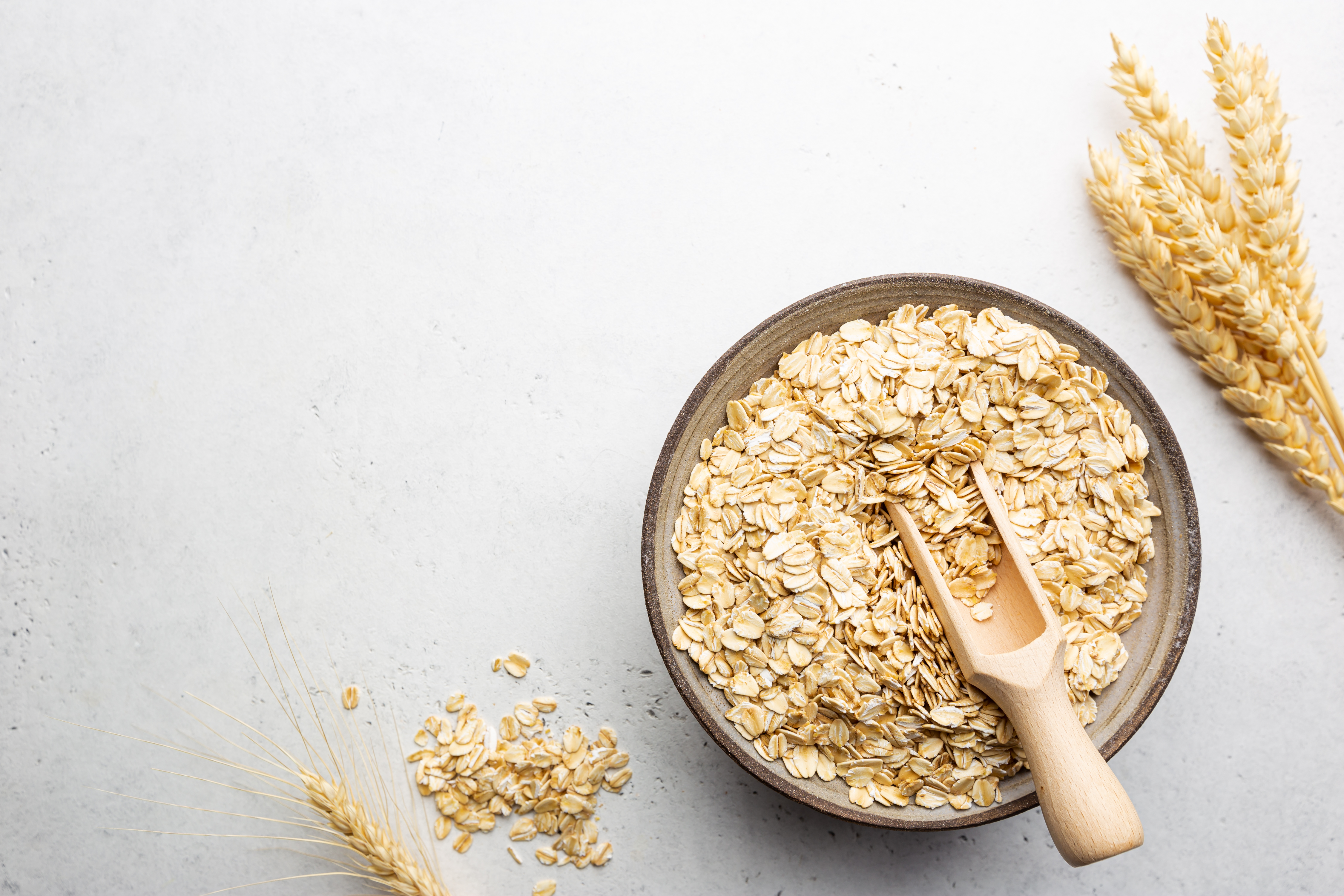
Oats are a staple breakfast choice for many, and for good reason. They are rich in beta-glucan, a type of soluble fiber that has been shown to reduce LDL cholesterol. Studies suggest that consuming just 3 grams of beta-glucan daily can lower LDL cholesterol by up to 10%. This fiber forms a gel-like substance in the gut, which binds to cholesterol-rich bile acids and removes them from the body. Incorporating oats into your diet is simple and versatile. Enjoy them as oatmeal, add them to smoothies, or use them in baking. The key is consistency; regular consumption is essential to reap the benefits. Oats not only support heart health but also provide sustained energy, making them an excellent choice for starting your day.
2. Nuts: Nature's Crunchy Cholesterol Fighters

Nuts, including almonds, walnuts, and pistachios, are not only delicious but also packed with heart-healthy nutrients. They are rich in unsaturated fats, which help reduce LDL cholesterol while maintaining HDL cholesterol. Additionally, nuts contain fiber, plant sterols, and L-arginine, an amino acid that supports artery health. Studies indicate that consuming a handful of nuts daily can lower LDL cholesterol by 5%. Nuts are a convenient snack option and can also be added to salads, yogurt, or oatmeal for an added crunch. However, moderation is key, as nuts are calorie-dense. Opt for unsalted, raw, or dry-roasted varieties to maximize health benefits.
3. Fatty Fish: Omega-3 Rich Delicacies
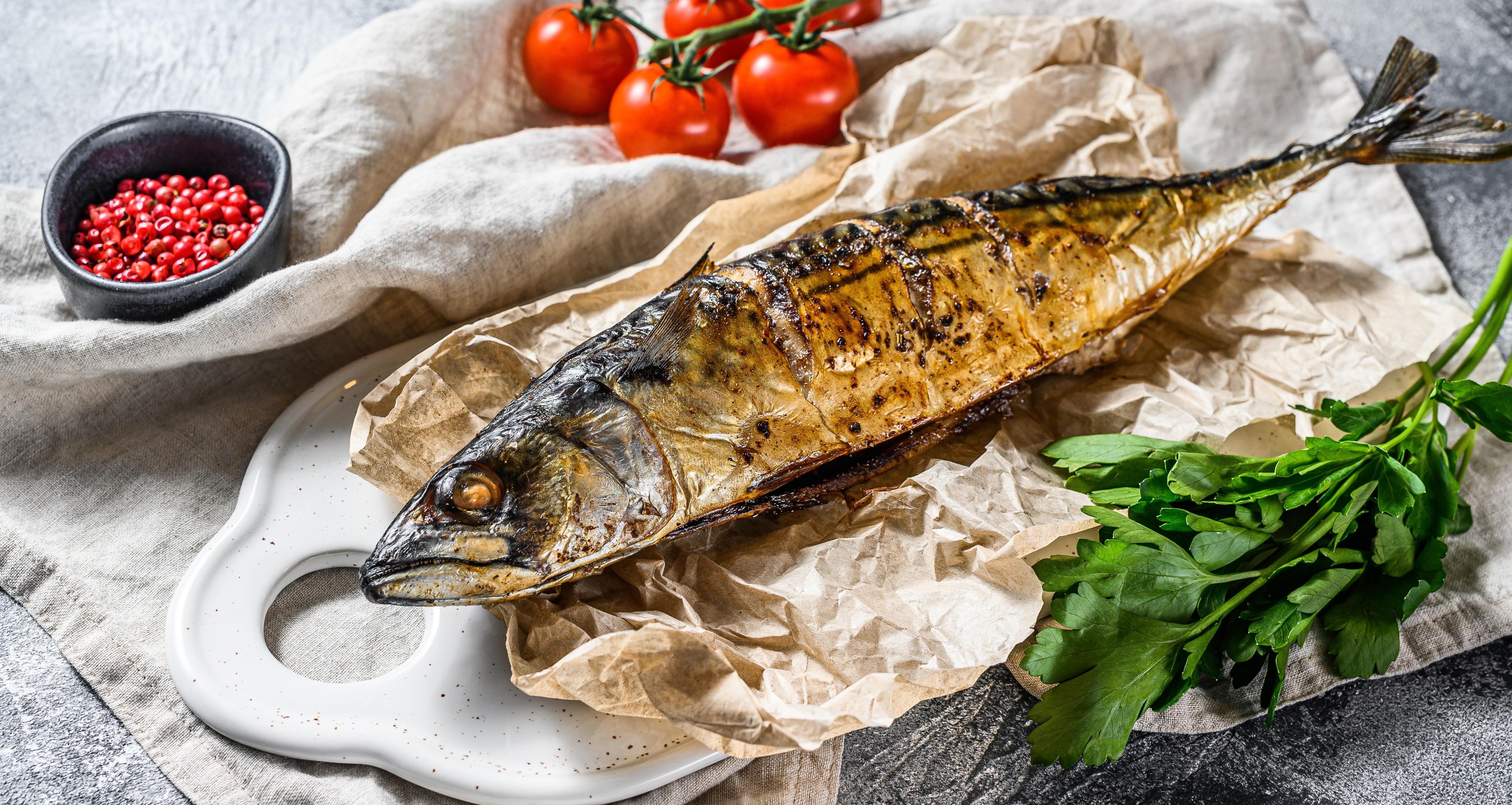
Fatty fish, such as salmon, mackerel, and sardines, are renowned for their high omega-3 fatty acid content. Omega-3s are essential fats that the body cannot produce on its own. They play a crucial role in reducing inflammation, lowering triglyceride levels, and improving overall heart health. Research shows that consuming fatty fish at least twice a week can significantly reduce the risk of heart disease. Omega-3s work by decreasing the production of LDL cholesterol and increasing HDL cholesterol. Incorporating fatty fish into your diet is not only beneficial for your heart but also supports brain health. Enjoy grilled, baked, or poached fish for a heart-healthy meal.
4. Avocado: The Creamy Cholesterol Buster
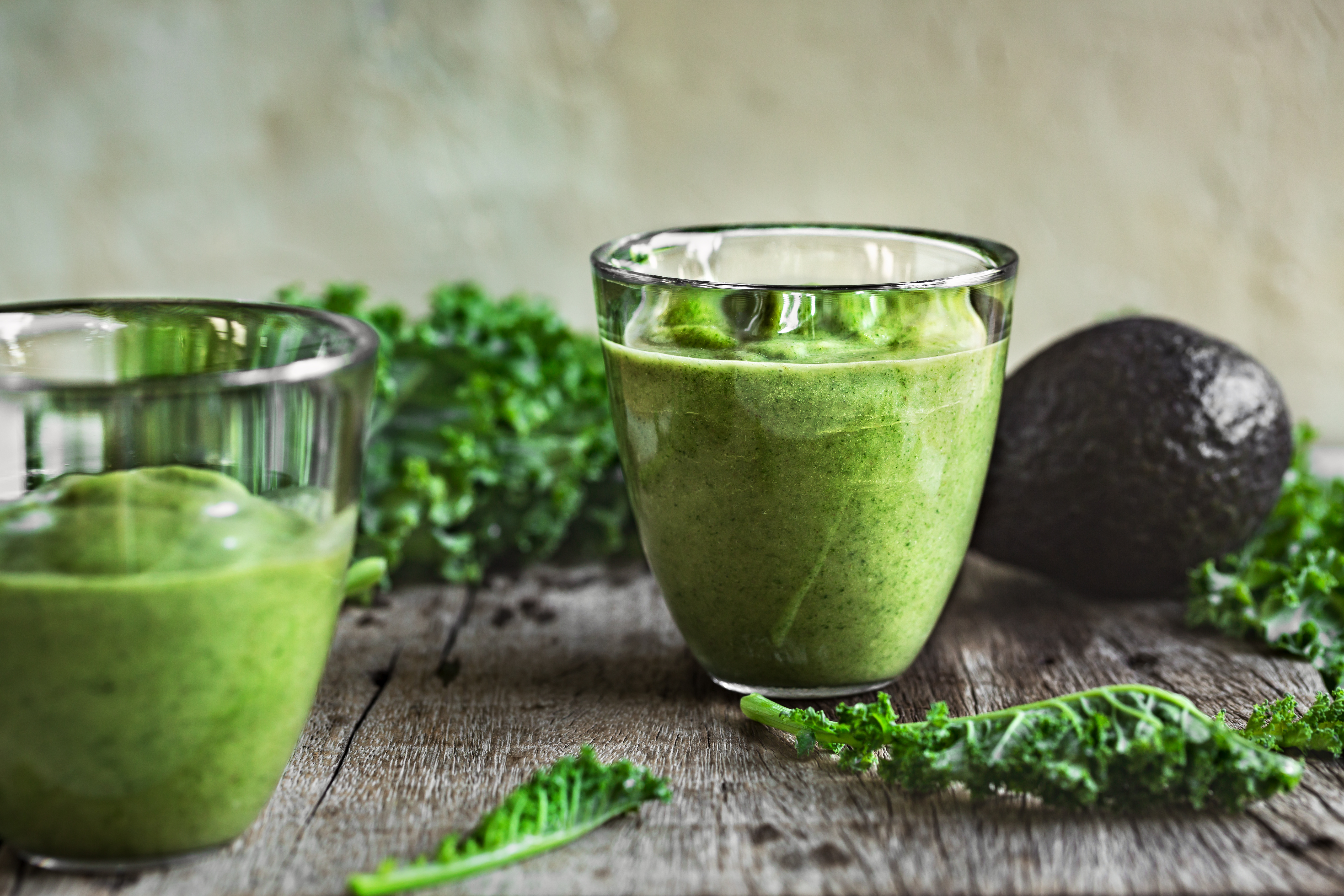
Avocado, often hailed as a superfood, is a rich source of monounsaturated fats, which are known to lower LDL cholesterol while maintaining HDL cholesterol. It also contains fiber and antioxidants, making it a powerful ally in heart health. A study published in the Journal of the American Heart Association found that consuming one avocado daily can lower LDL cholesterol levels in overweight individuals. Avocados are incredibly versatile; they can be added to salads, smoothies, or enjoyed on whole-grain toast. Their creamy texture and mild flavor make them a delicious addition to a heart-healthy diet. Incorporating avocados into your meals not only supports cholesterol management but also promotes satiety and weight management.
5. Olive Oil: Liquid Gold for the Heart
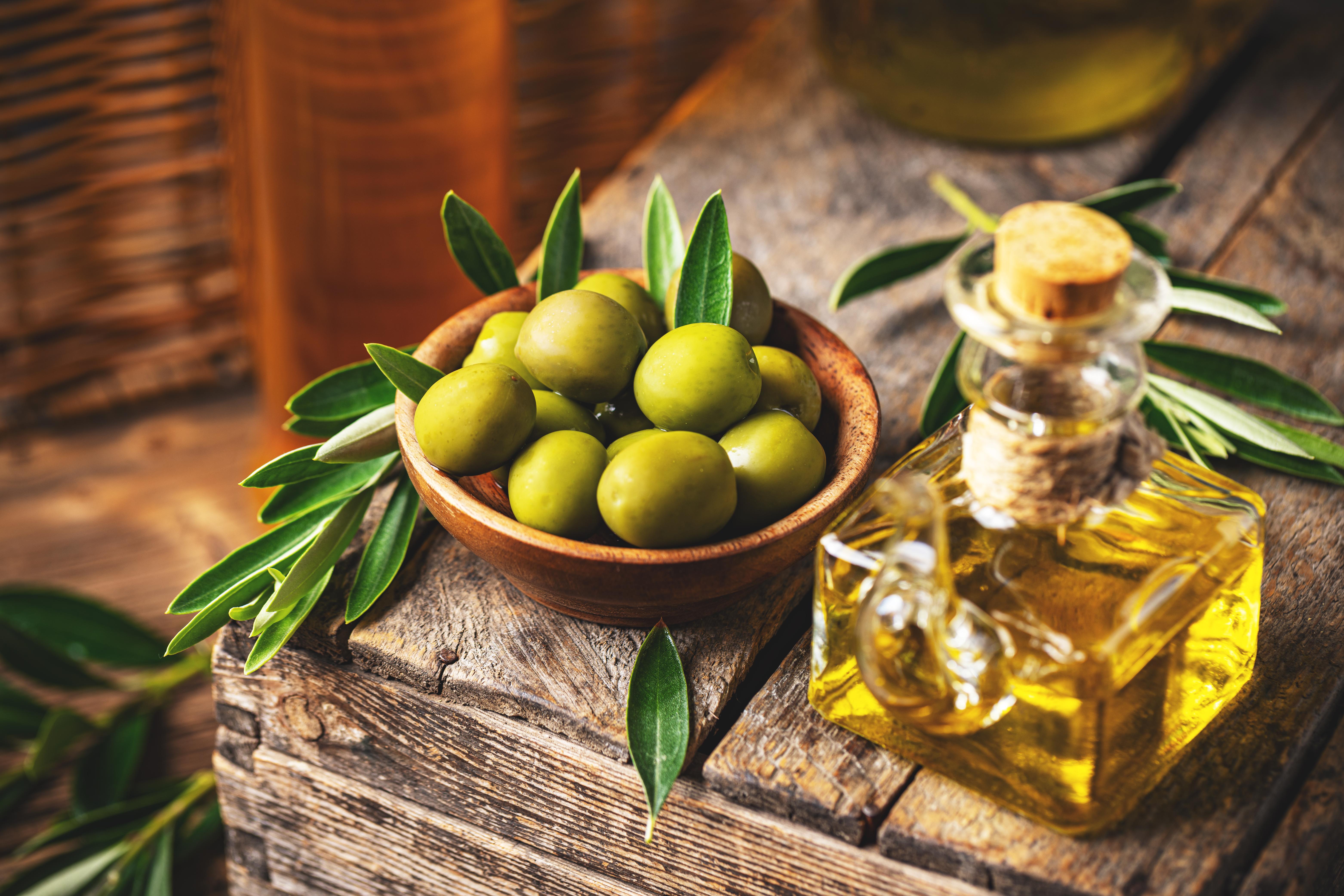
Olive oil, particularly extra virgin olive oil, is a cornerstone of the Mediterranean diet, renowned for its heart-protective properties. It is rich in monounsaturated fats and antioxidants, which help reduce LDL cholesterol and inflammation. The polyphenols in olive oil also support endothelial function, improving blood vessel health. Research indicates that replacing saturated fats with olive oil can lower the risk of heart disease. Incorporate olive oil into your diet by using it as a salad dressing, drizzling it over vegetables, or using it for cooking. Its robust flavor enhances dishes while providing numerous health benefits. Opt for high-quality, cold-pressed olive oil to maximize its nutritional value.
6. Legumes: The Plant-Based Protein Powerhouses
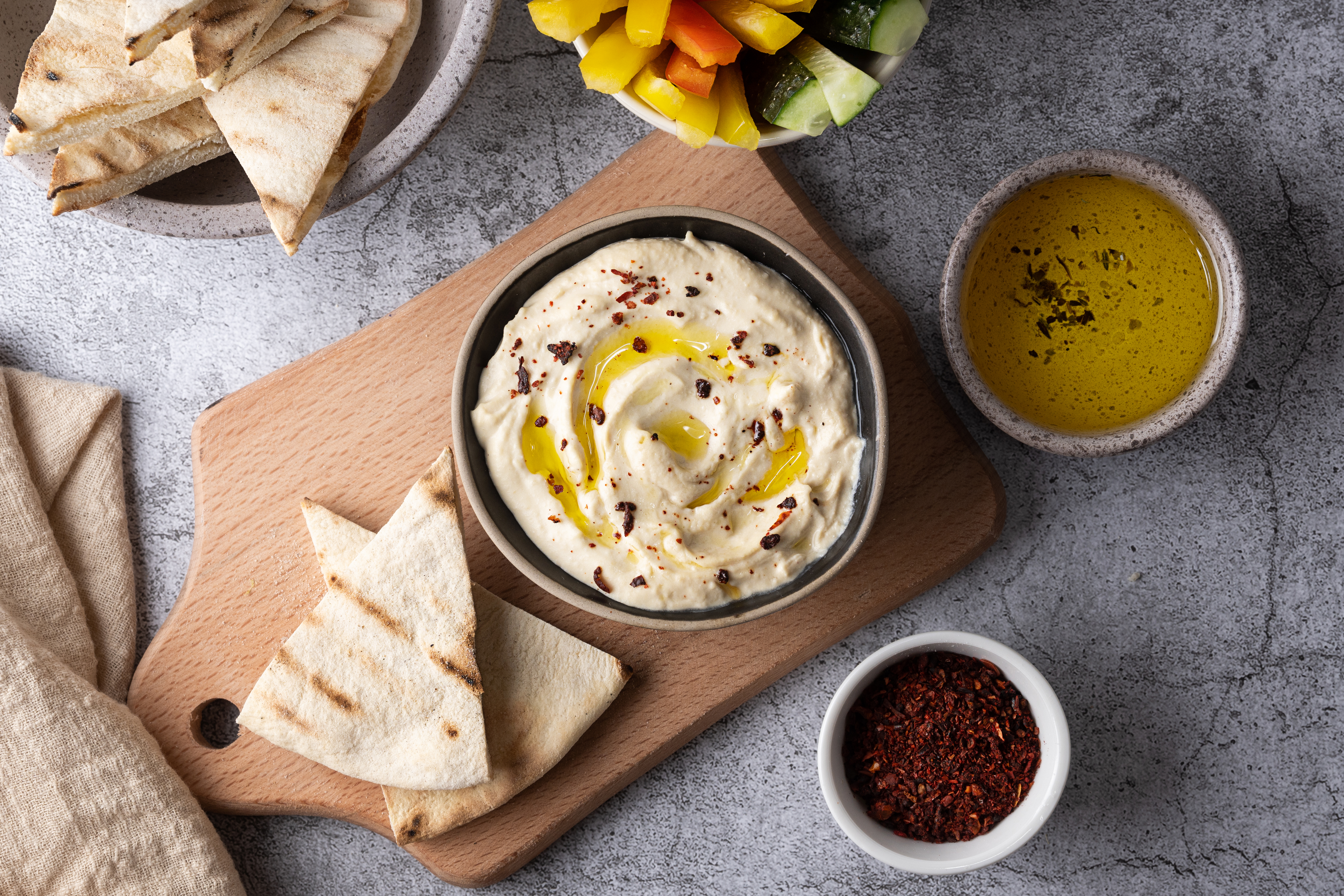
Legumes, including beans, lentils, and chickpeas, are excellent sources of plant-based protein and soluble fiber. They have a low glycemic index, making them ideal for blood sugar management and heart health. The soluble fiber in legumes binds to cholesterol and helps remove it from the body, effectively lowering LDL cholesterol levels. Studies have shown that consuming legumes regularly can reduce the risk of heart disease and improve overall cardiovascular health. Legumes are incredibly versatile and can be used in soups, salads, stews, or as a meat substitute in various dishes. Their rich nutrient profile and ability to promote satiety make them a valuable addition to any heart-healthy diet.
7. Berries: Antioxidant-Rich Heart Protectors
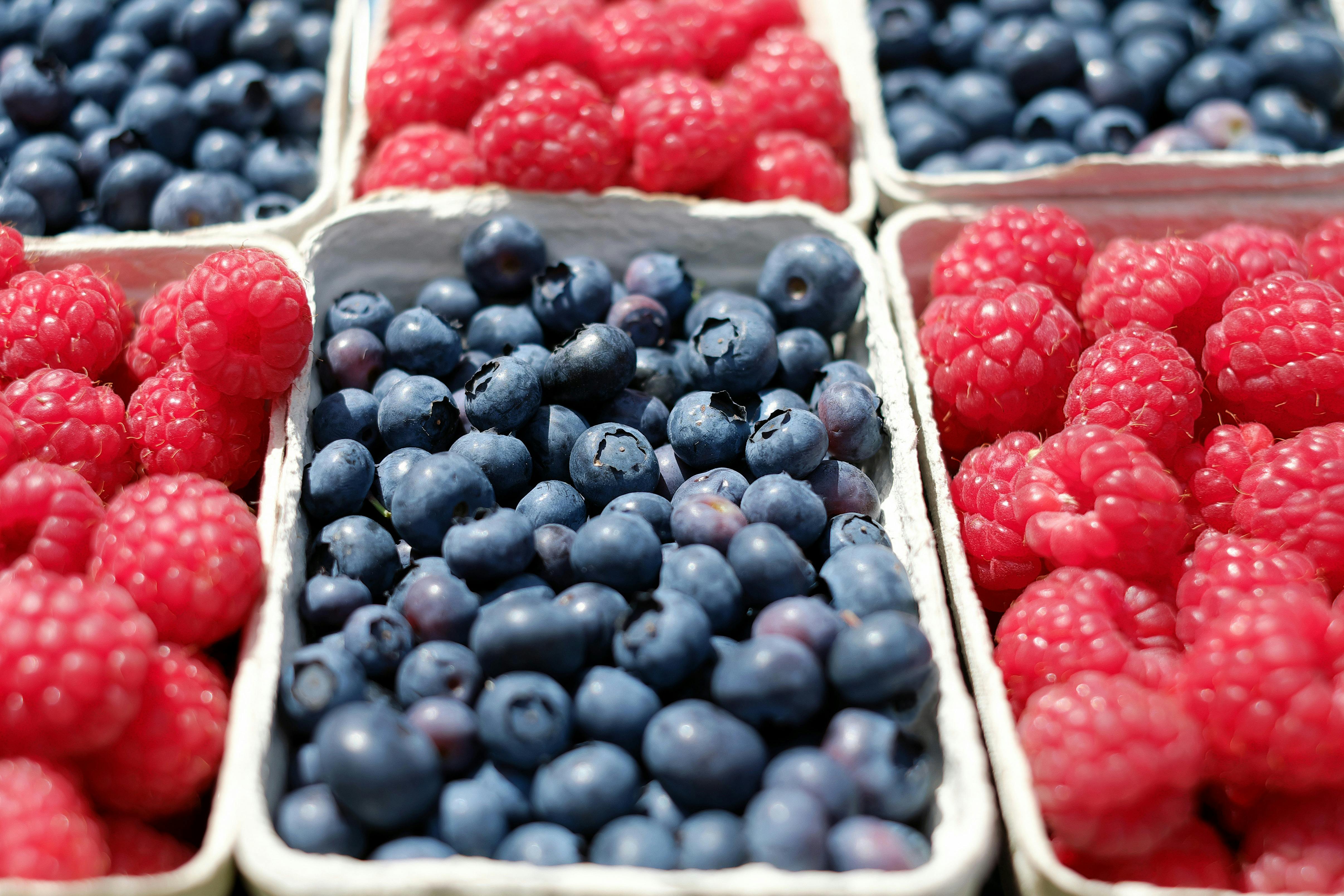
Berries, such as blueberries, strawberries, and raspberries, are not only delicious but also packed with antioxidants, fiber, and vitamins. These nutrients play a crucial role in reducing oxidative stress and inflammation, both of which contribute to heart disease. The polyphenols in berries have been shown to improve endothelial function and reduce LDL cholesterol oxidation. Studies suggest that consuming berries regularly can lower blood pressure and improve heart health. Enjoy berries as a snack, add them to yogurt or oatmeal, or blend them into smoothies. Their natural sweetness and vibrant colors make them a delightful addition to a heart-healthy diet.
8. Dark Chocolate: A Sweet Treat for the Heart

Dark chocolate, when consumed in moderation, can be a heart-healthy treat. It is rich in flavonoids, particularly flavanols, which have been shown to improve blood flow, reduce blood pressure, and lower LDL cholesterol. The antioxidants in dark chocolate also help reduce inflammation and improve endothelial function. Choose dark chocolate with at least 70% cocoa content to maximize health benefits. Enjoy a small piece as a dessert or use it in baking for a heart-healthy twist. While dark chocolate can support heart health, it is essential to consume it mindfully, as it is calorie-dense and often contains added sugars.
9. Green Tea: The Heart-Healthy Elixir
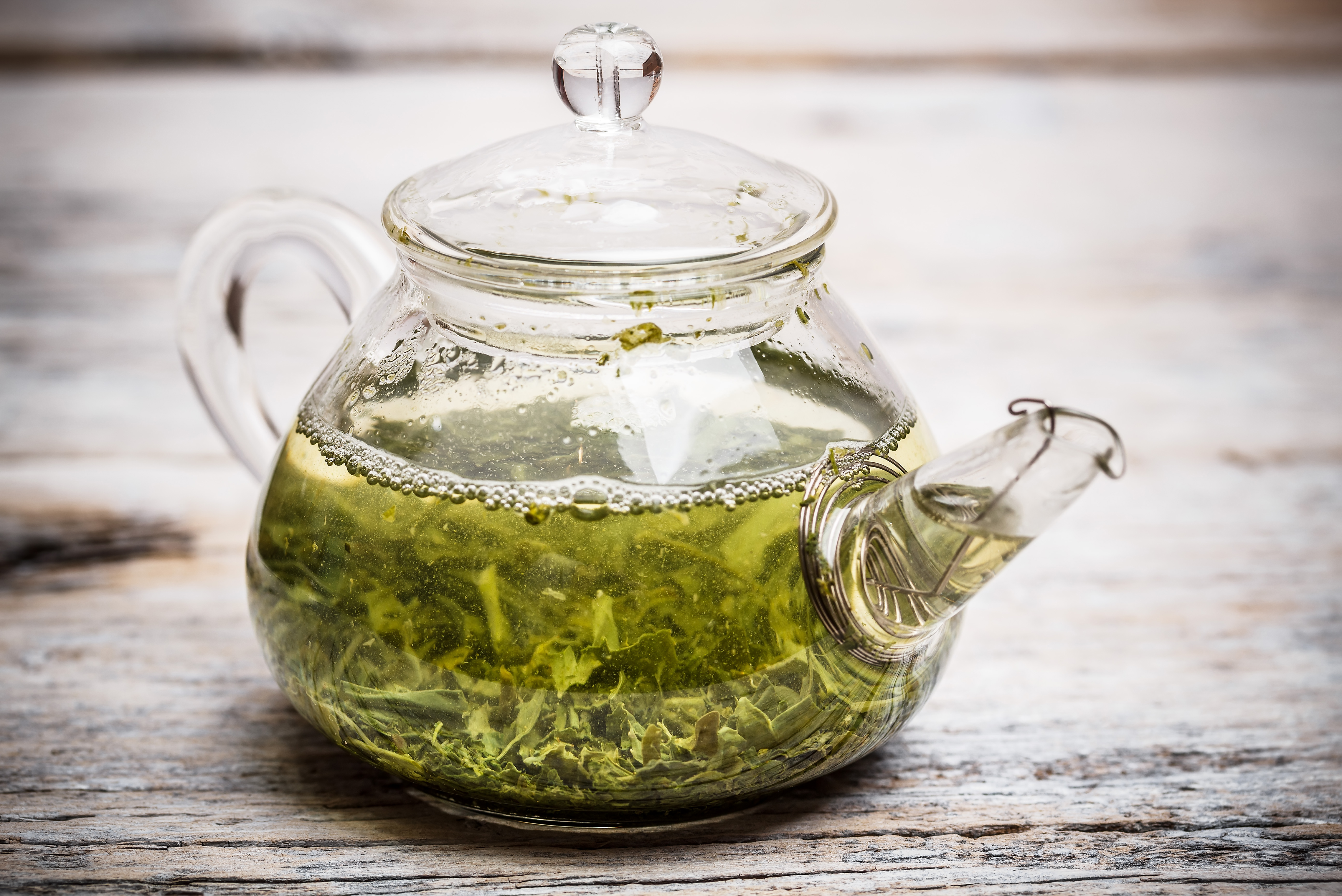
Green tea is a popular beverage known for its numerous health benefits, including its ability to lower LDL cholesterol. It is rich in catechins, a type of antioxidant that helps reduce cholesterol absorption in the intestines. Studies have shown that regular consumption of green tea can lower LDL cholesterol and improve overall heart health. Green tea also supports weight management and boosts metabolism, making it a valuable addition to a heart-healthy lifestyle. Enjoy green tea hot or iced, and consider adding lemon or honey for added flavor. Its soothing properties and refreshing taste make it a delightful way to support heart health.
10. Whole Grains: The Heart's Best Friend

Whole grains, such as brown rice, quinoa, and whole wheat, are rich in fiber, vitamins, and minerals that support heart health. They contain both soluble and insoluble fiber, which helps lower LDL cholesterol and promote digestive health. Whole grains also have a low glycemic index, making them ideal for blood sugar management. Research indicates that consuming whole grains regularly can reduce the risk of heart disease and improve overall cardiovascular health. Incorporate whole grains into your diet by choosing whole-grain bread, pasta, and cereals. Their nutty flavor and hearty texture make them a satisfying and nutritious choice for any meal.
11. Garlic: The Pungent Heart Protector
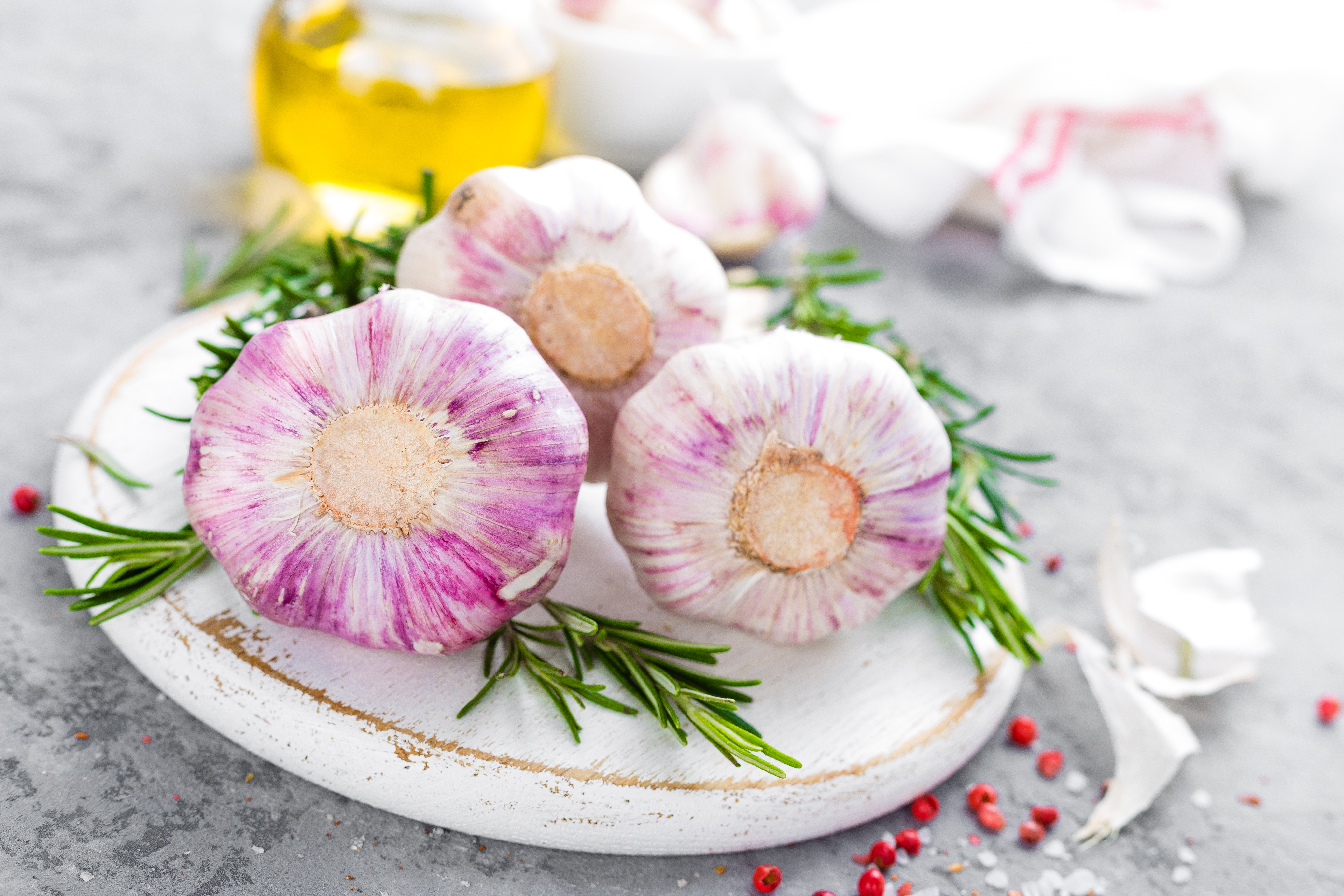
Garlic has been used for centuries for its medicinal properties, particularly its ability to support heart health. It contains allicin, a sulfur compound that has been shown to reduce LDL cholesterol and improve blood vessel health. Studies suggest that consuming garlic regularly can lower blood pressure and reduce the risk of heart disease. Garlic is incredibly versatile and can be used in cooking to add flavor to a variety of dishes. Whether roasted, sautéed, or used raw, garlic enhances the taste of meals while providing numerous health benefits. Its pungent aroma and bold flavor make it a popular choice for heart-healthy cooking.
12. Soy: The Plant-Based Cholesterol Reducer
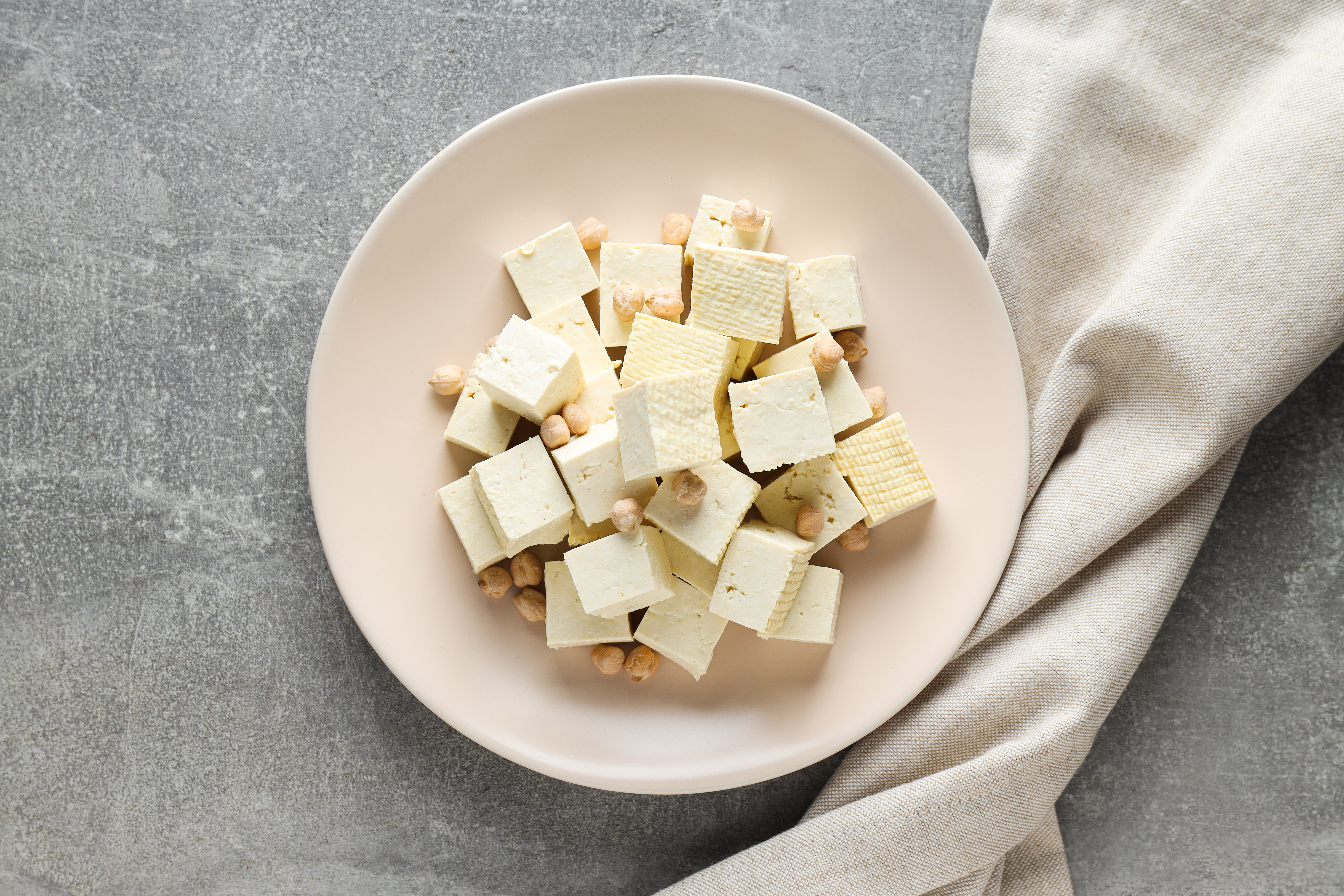
Soy products, such as tofu, tempeh, and soy milk, are excellent sources of plant-based protein and have been shown to lower LDL cholesterol. They contain isoflavones, which have antioxidant properties and support heart health. Research indicates that consuming soy products regularly can reduce the risk of heart disease and improve overall cardiovascular health. Soy is incredibly versatile and can be used in a variety of dishes, from stir-fries to smoothies. Its mild flavor and ability to absorb other flavors make it a popular choice for plant-based cooking. Incorporating soy products into your diet not only supports heart health but also provides a sustainable protein source.
13. Flax & Chia Seeds: Tiny Seeds, Mighty Omega-3 Power
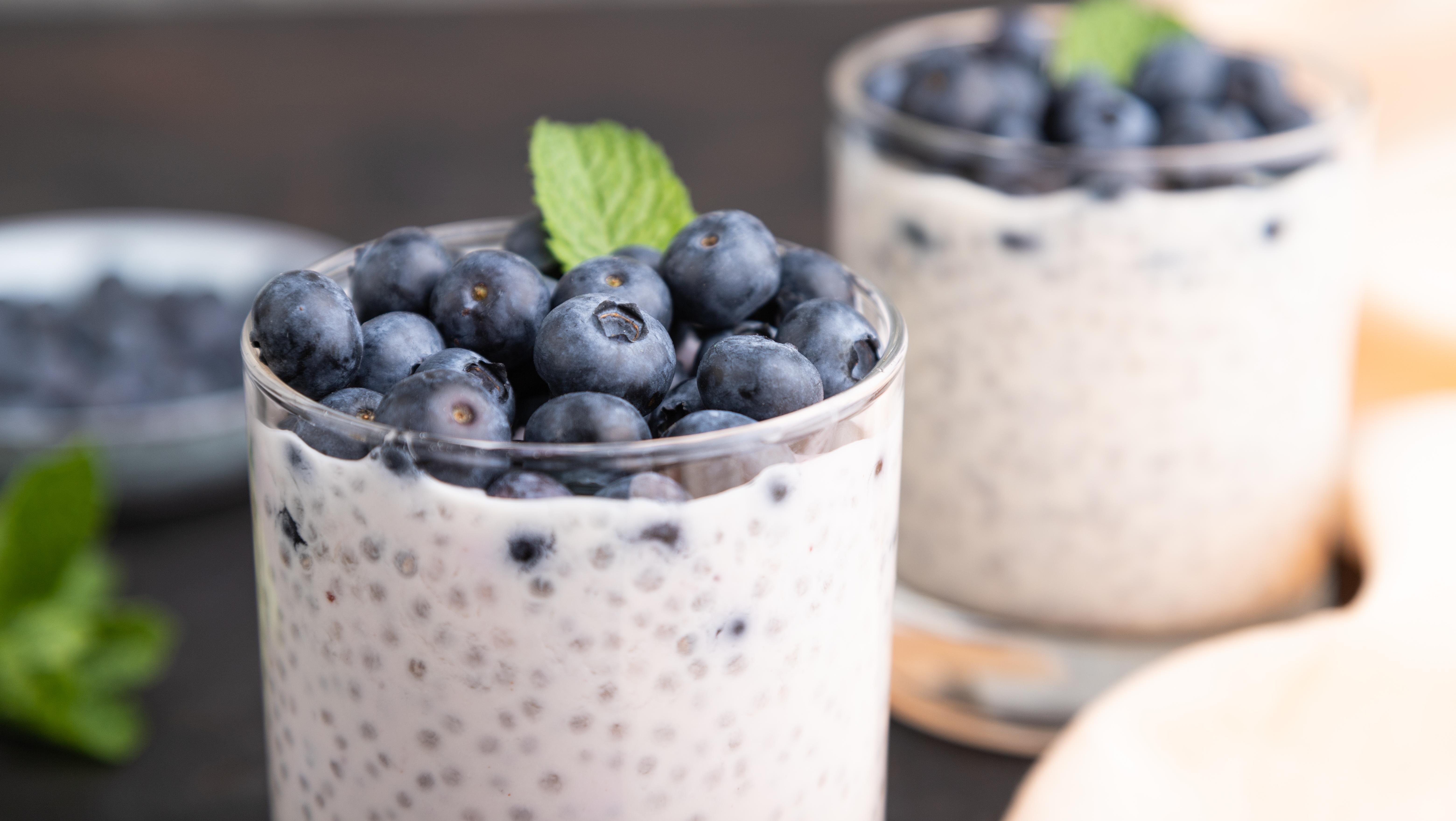
Don't underestimate these nutritional dynamos! While fatty fish provide DHA/EPA, flax and chia seeds are packed with ALA, a plant-based omega-3 fatty acid vital for heart health. They're also loaded with both soluble fiber (a cholesterol magnet) and lignans, potent antioxidants that further support cardiovascular wellness. Grind flaxseeds before eating to unlock their full benefits (chia can be eaten whole). Sprinkle these versatile seeds generously over yogurt, oatmeal, salads, or blend them into smoothies for an easy, effective heart-healthy boost that works quietly in the background of your delicious meals.
14. Barley: The Ancient Grain's Beta-Glucan Secret
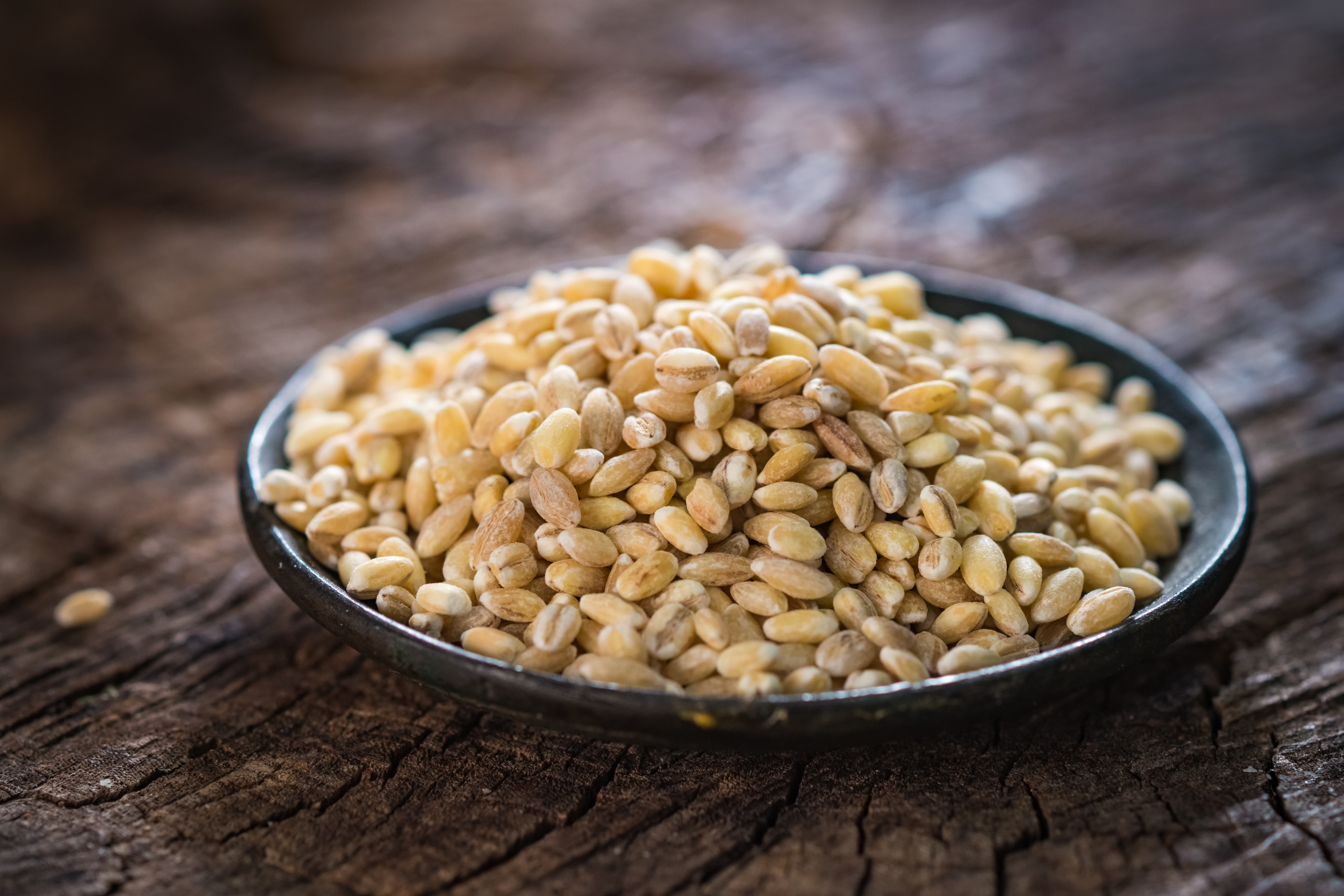
Move over oats, barley is another grain powerhouse boasting impressive levels of cholesterol-lowering beta-glucan soluble fiber. This ancient grain offers a delightful chewy texture and nutty flavour, making it more versatile than just a breakfast porridge. Use pearled barley in hearty soups and stews, toss cooked barley into salads for substance, or even use barley flour in baking. Its beta-glucans work just like oats', forming a gut gel that helps escort cholesterol out. Choosing barley adds delicious variety while actively contributing to lower LDL numbers and better heart protection.
15. Apples: Pectin-Packed Everyday Protection
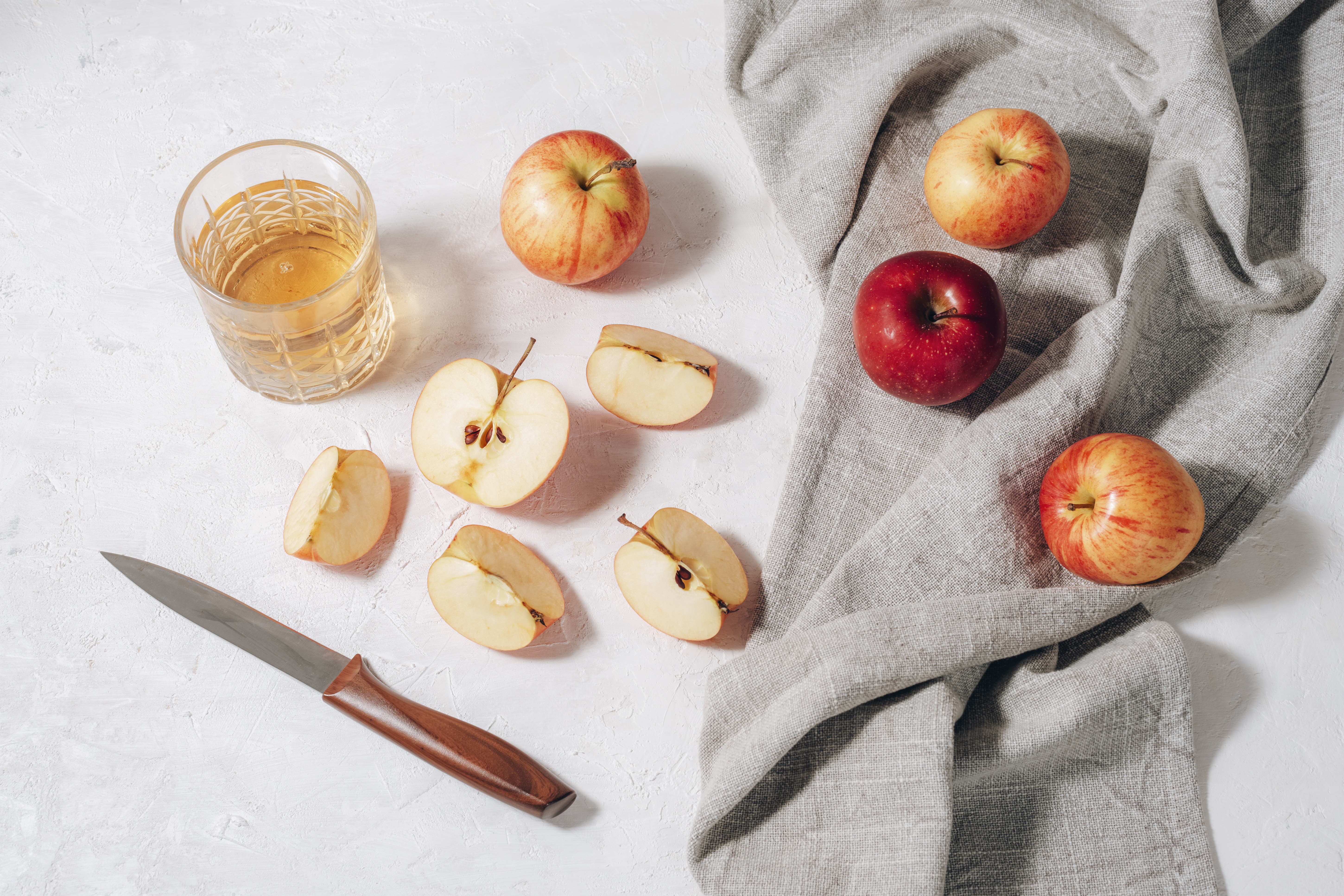
An apple a day might actually help keep the cardiologist away, thanks largely to pectin. This specific type of soluble fiber, abundant in apples (especially the skin!), is fantastic at binding to cholesterol in your digestive system and showing it the exit. Apples also provide valuable polyphenols, antioxidants that combat inflammation and protect LDL cholesterol from damaging oxidation. This humble fruit offers a convenient, crunchy, and satisfying way to actively lower bad cholesterol. Grab one for a snack or add slices to salads for simple, effective heart support.
16. Citrus Fruits: Zesty Flavonoids and Pectin Punch

Oranges, grapefruits, lemons, and limes offer more than just Vitamin C; they're brimming with heart-healthy pectin and potent flavonoids like hesperidin. Hesperidin has been linked to improved blood vessel function and reduced markers of heart disease, while pectin acts as that crucial soluble fiber lowering LDL cholesterol. Start your day with citrus segments or juice, add zest to meals, or squeeze lemon over fish. Helpful Caution: Grapefruit can interact with certain medications, including statins, so check with your doctor if you're on medication before increasing your intake significantly.
17. Artichokes: Bile Booster and Fiber Friend
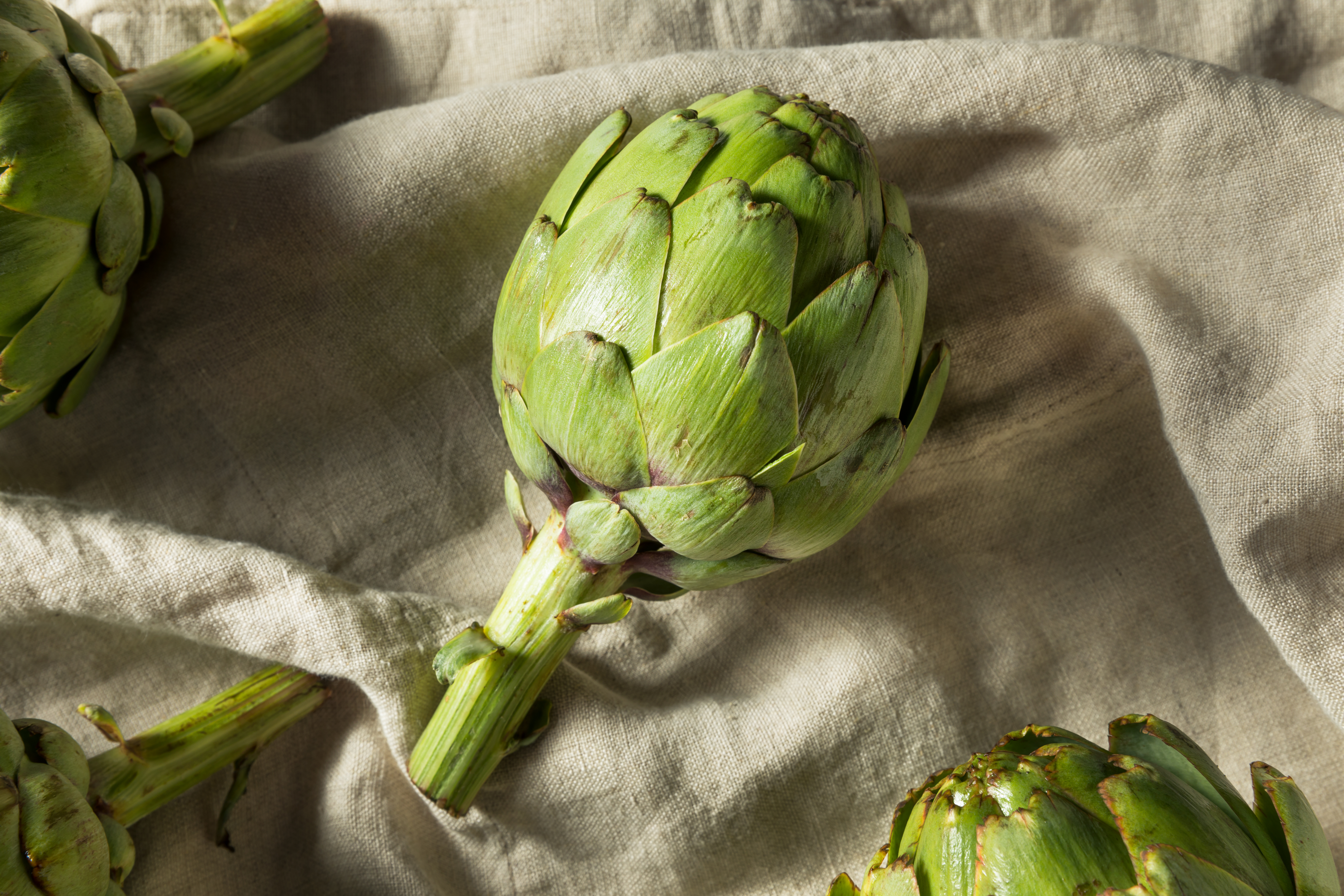
This unique vegetable offers a double benefit. Artichokes contain cynarin, a compound believed to stimulate bile production. Why does that matter? Your body uses cholesterol to make bile, so encouraging bile flow can help use up and excrete excess cholesterol. Additionally, artichokes are packed with fiber, including inulin, a prebiotic fiber that nourishes beneficial gut bacteria, which may also play a role in cholesterol metabolism. Steamed, grilled, or added to salads, artichoke hearts are a sophisticated and effective way to diversify your heart-healthy eating strategy.
18. Shiitake Mushrooms: Umami Flavor with Eritadenine
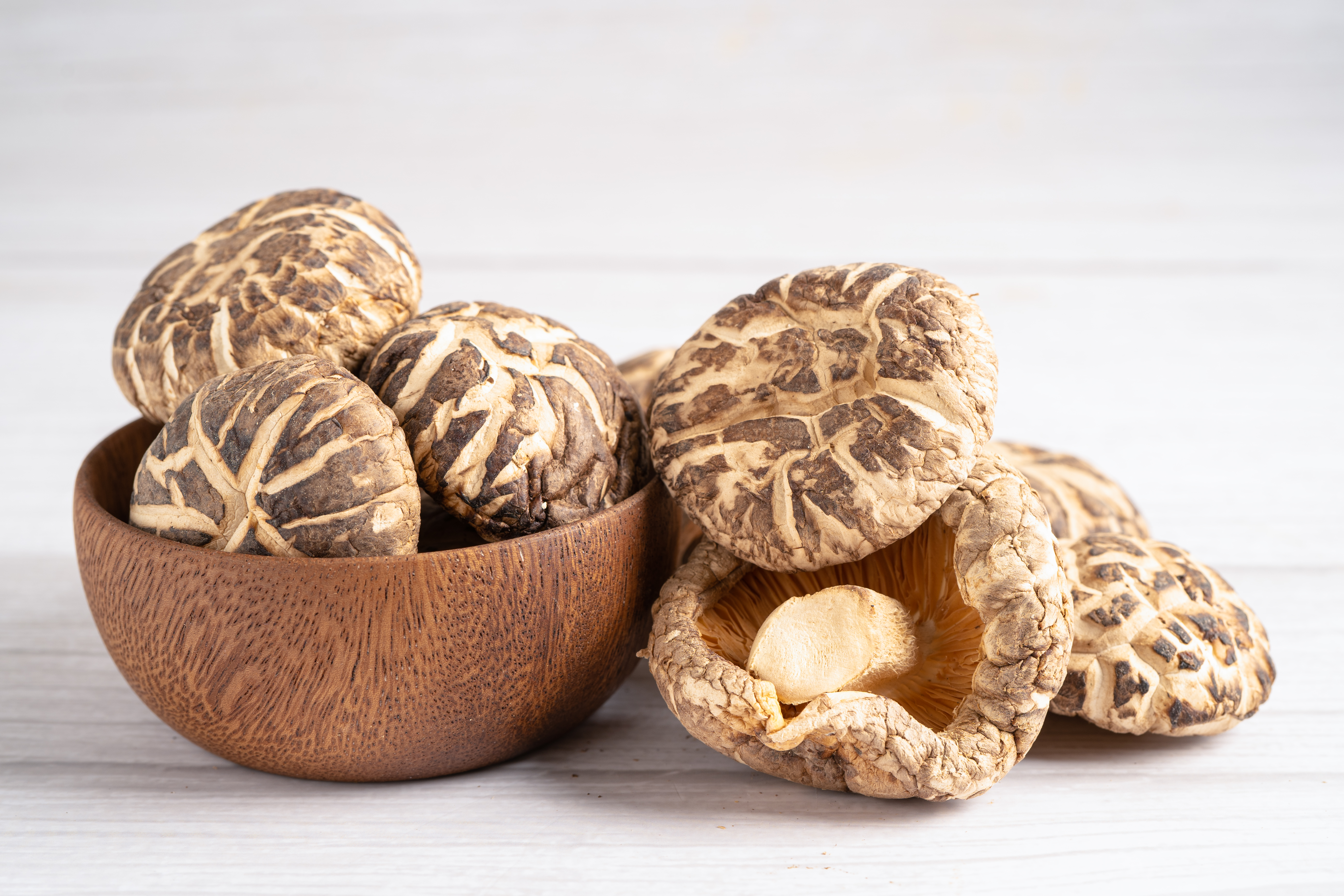
Beyond their rich, savory umami flavour, shiitake mushrooms contain a unique compound called eritadenine. Research suggests eritadenine specifically interferes with cholesterol production in the body, helping to lower levels circulating in the blood. Shiitakes also provide beta-glucans, contributing further fiber benefits. Sauté them with garlic (another heart helper!), add them to stir-fries, soups, or pasta dishes. Enjoying the deep flavour of shiitakes means you're also consuming compounds actively working to support healthier cholesterol profiles, making them a delicious functional food.
19. Eggplant: The Versatile Soluble Fiber Sponge
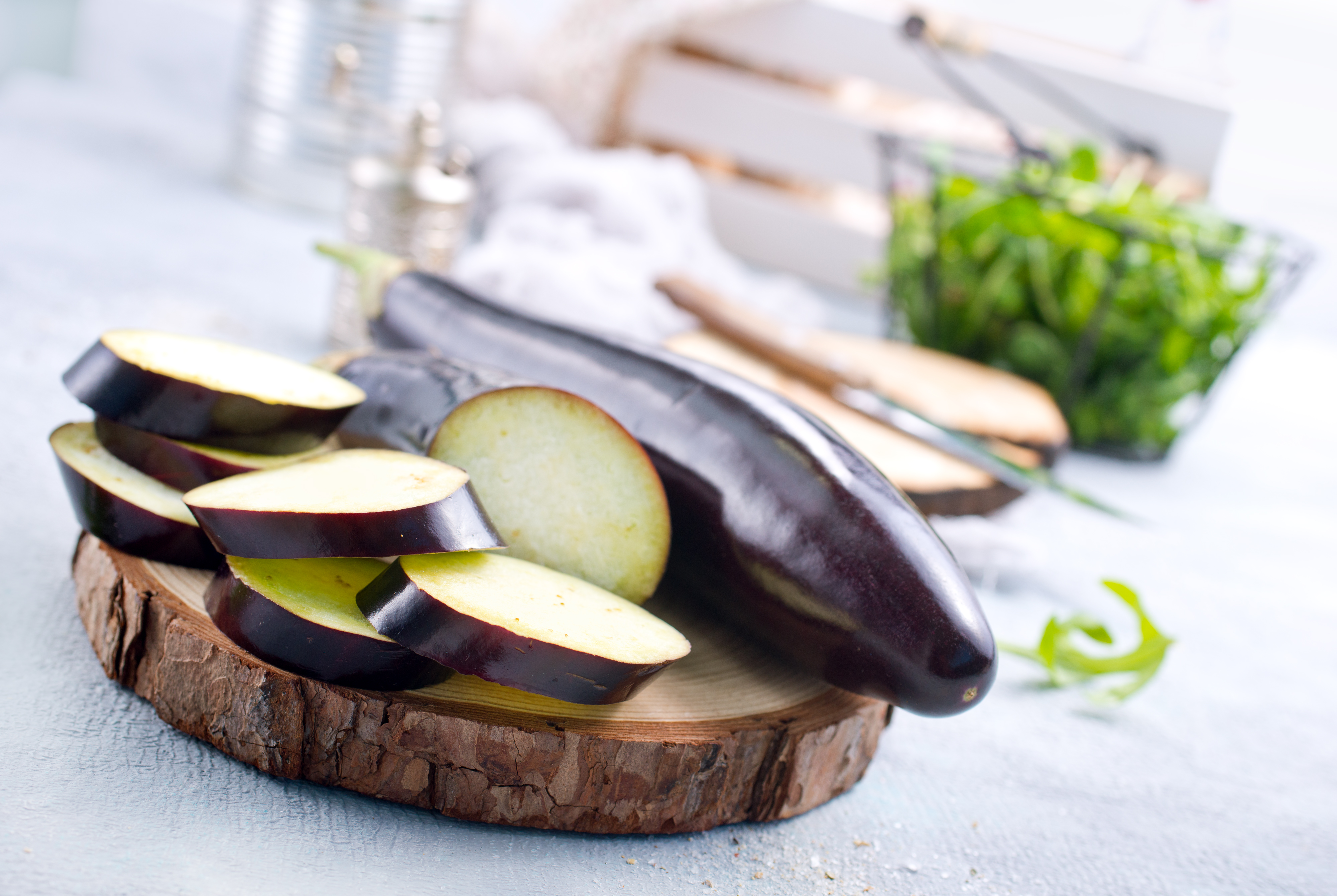
Often overlooked, eggplant is a fantastic low-calorie vehicle for soluble fiber. Think of its spongy texture – in your digestive tract, that fiber acts similarly, helping to soak up dietary cholesterol and bile acids for removal. Eggplant is incredibly versatile, absorbing the flavours of whatever it’s cooked with. Grill it, roast it, add it to stews like ratatouille, or use it in dips like baba ghanoush. Its ability to add bulk and satisfaction to meals while contributing significant cholesterol-lowering fiber makes it a valuable player in a heart-smart kitchen.
20. Okra: Mucilage Magic for Cholesterol Management
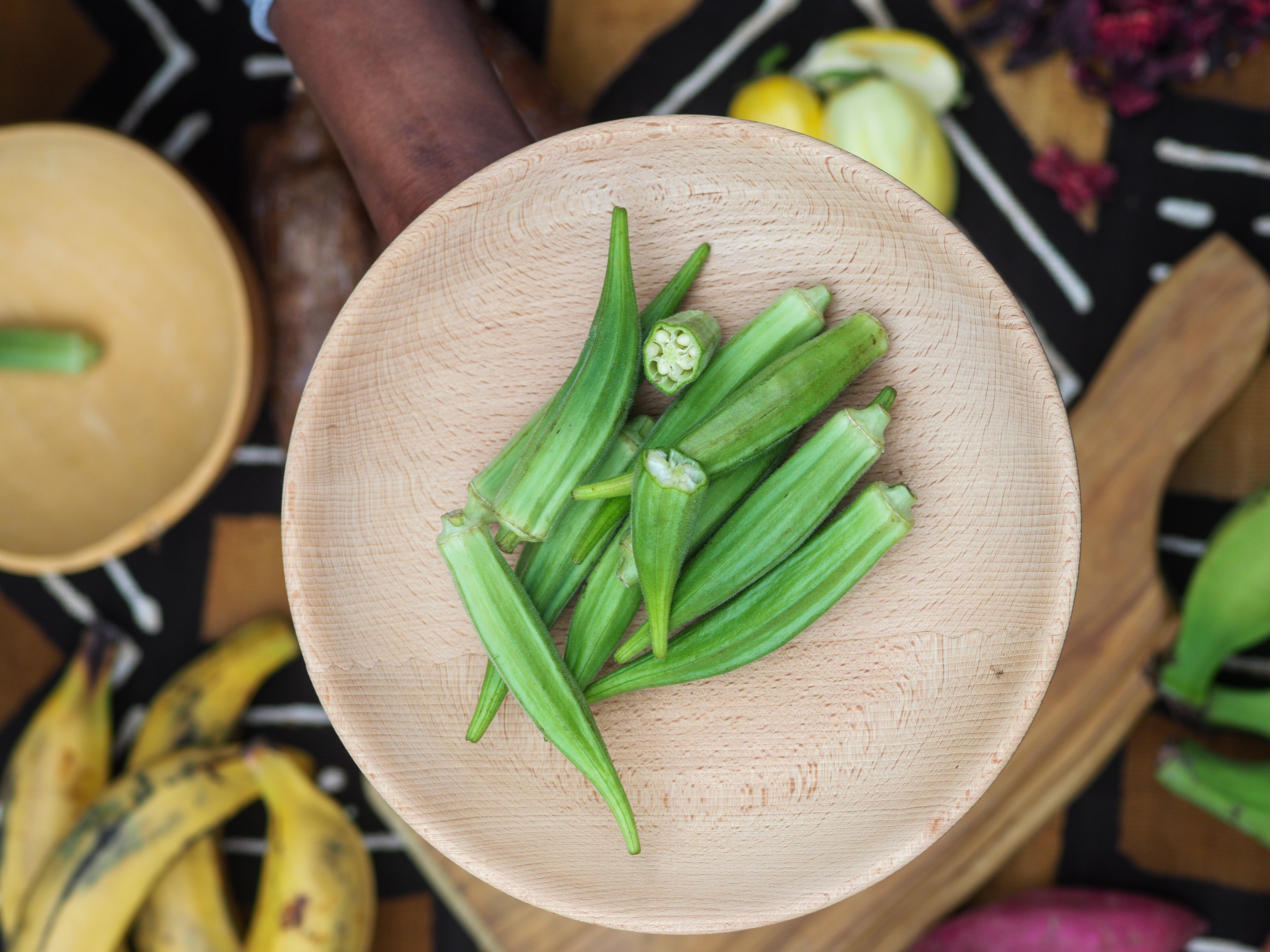
Famous for its unique, sometimes "slimy" texture when cooked, okra's magic lies in its rich mucilage content. This thick, gel-like substance is essentially a super-potent form of soluble fiber. Just like other soluble fibers, okra's mucilage binds effectively with cholesterol and bile acids during digestion, preventing their absorption and facilitating their elimination. Whether you enjoy it stewed (common in Southern US, Caribbean, and Indian cuisines), grilled, or roasted (which reduces sliminess), okra offers a distinct and effective way to add cholesterol-lowering power to your plate.
21. Psyllium Husk: Concentrated Fiber Power
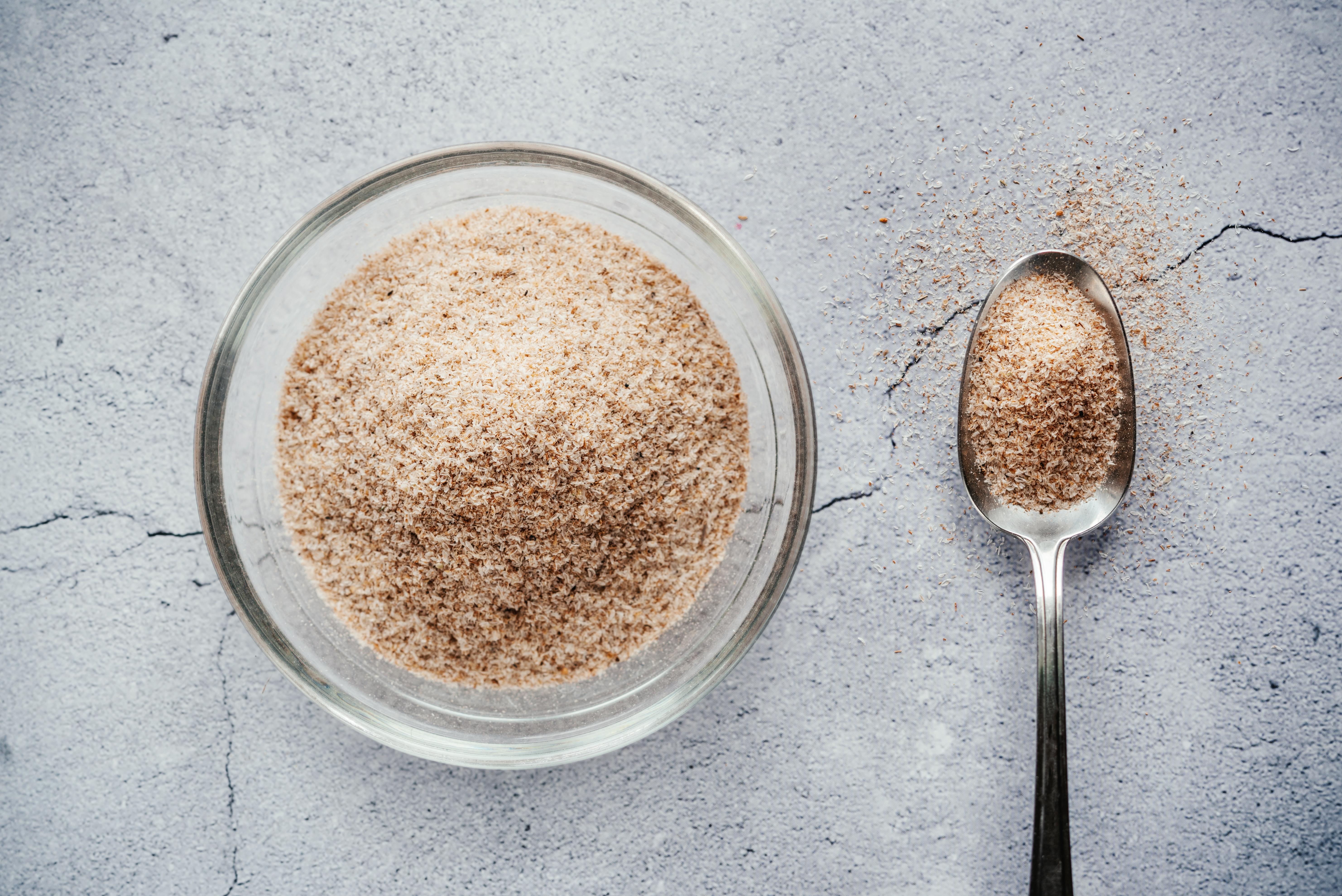
While technically a food component (the husk of Plantago ovata seeds), psyllium is often used like a supplement due to its incredible concentration of soluble fiber – about 70%! A small amount provides a significant dose of the gel-forming fiber needed to effectively bind cholesterol. Often found as a powder or capsule, it can easily be stirred into water, juice, smoothies, or even added to baked goods. Starting with a small dose is key. Psyllium offers a targeted, potent way to boost your soluble fiber intake specifically for cholesterol reduction benefits.
22. Hibiscus Tea: The Tart, Ruby-Red Heart Tonic

Looking for a beverage alternative to green tea? Vibrant hibiscus tea, made from the dried calyces of the hibiscus flower, offers its own heart-healthy promise. Studies suggest its rich supply of antioxidants, particularly anthocyanins (giving it that red hue), may help lower both LDL cholesterol and blood pressure. It boasts a pleasant tart flavour, similar to cranberry, and is naturally caffeine-free. Enjoy it hot or iced. Sipping on this refreshing brew could be a simple, enjoyable ritual that contributes positively to your overall cardiovascular health profile.
23. Sweet Potatoes: A Soluble Fiber Sweet Spot

While many focus on the soluble fiber in oats and legumes, sweet potatoes are a delicious and often-overlooked source. Their rich, orange flesh is packed with a type of soluble fiber that, like pectin, forms a gel in the digestive tract. This gel effectively binds with cholesterol, preventing its absorption and ushering it out of your system. Beyond fiber, sweet potatoes offer carotenoids and antioxidants that combat inflammation. Enjoy them roasted, mashed, or as a base for stews—their natural sweetness makes them a satisfying and colorful addition to any heart-healthy meal.
24. Walnuts: The Alpha-Linolenic Acid (ALA) Champion

While other nuts are mentioned, walnuts deserve special recognition for their unique nutritional profile. They are the only nut with a significant amount of Alpha-Linolenic Acid (ALA), a plant-based omega-3 fatty acid. This ALA has been shown to improve blood lipid profiles and reduce inflammation. Studies link a regular handful of walnuts to a notable drop in LDL cholesterol. Their crunchy texture and rich flavor make them perfect for sprinkling on salads, oatmeal, or yogurt. Just a small serving daily can provide a powerful dose of heart-protective fats.
25. Quinoa: The Whole Grain with a Complete Protein Punch
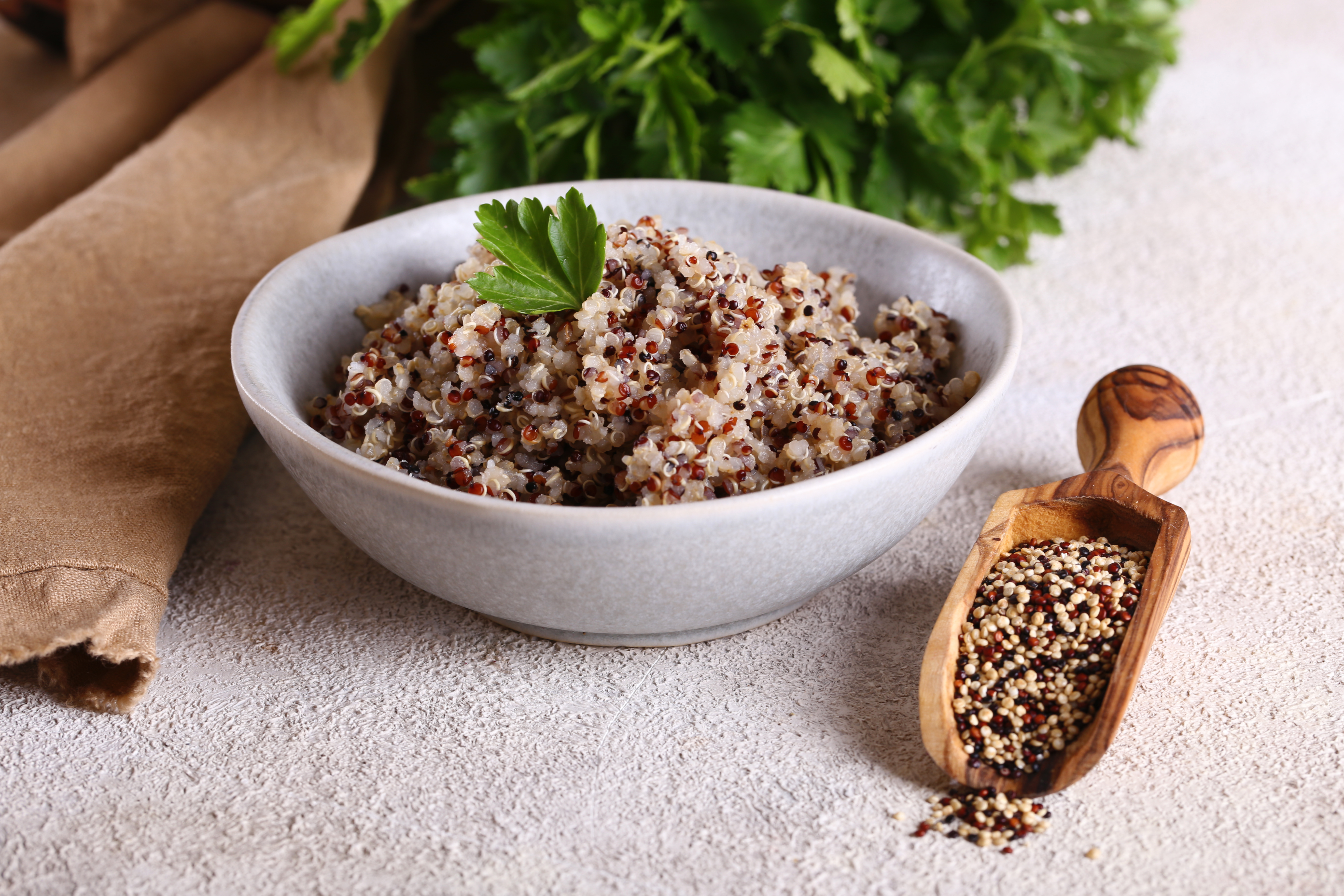
As a complete protein, quinoa stands out among whole grains. While all whole grains offer cholesterol-lowering fiber, quinoa’s high protein content provides an extra benefit for heart health. It can help you feel full, making it easier to manage weight and reduce reliance on less healthy, processed foods. Its soluble fiber works to bind cholesterol, while a good supply of magnesium and other minerals helps relax blood vessels. Use this versatile grain as a fluffy base for stir-fries, a hearty substitute for rice, or a protein boost in salads.
26. Turmeric: The Anti-Inflammatory Spice

This golden spice, a staple in many cuisines, contains a potent compound called curcumin. Research indicates that curcumin can influence cholesterol levels by increasing the activity of LDL receptors in the liver, which helps remove "bad" cholesterol from the bloodstream more efficiently. It also acts as a powerful anti-inflammatory and antioxidant, protecting the walls of your arteries from damage. Add a pinch of turmeric to your stir-fries, soups, or smoothies. Combining it with a dash of black pepper (which contains piperine) can significantly boost its absorption.
27. Red Grapes: The Resveratrol Connection
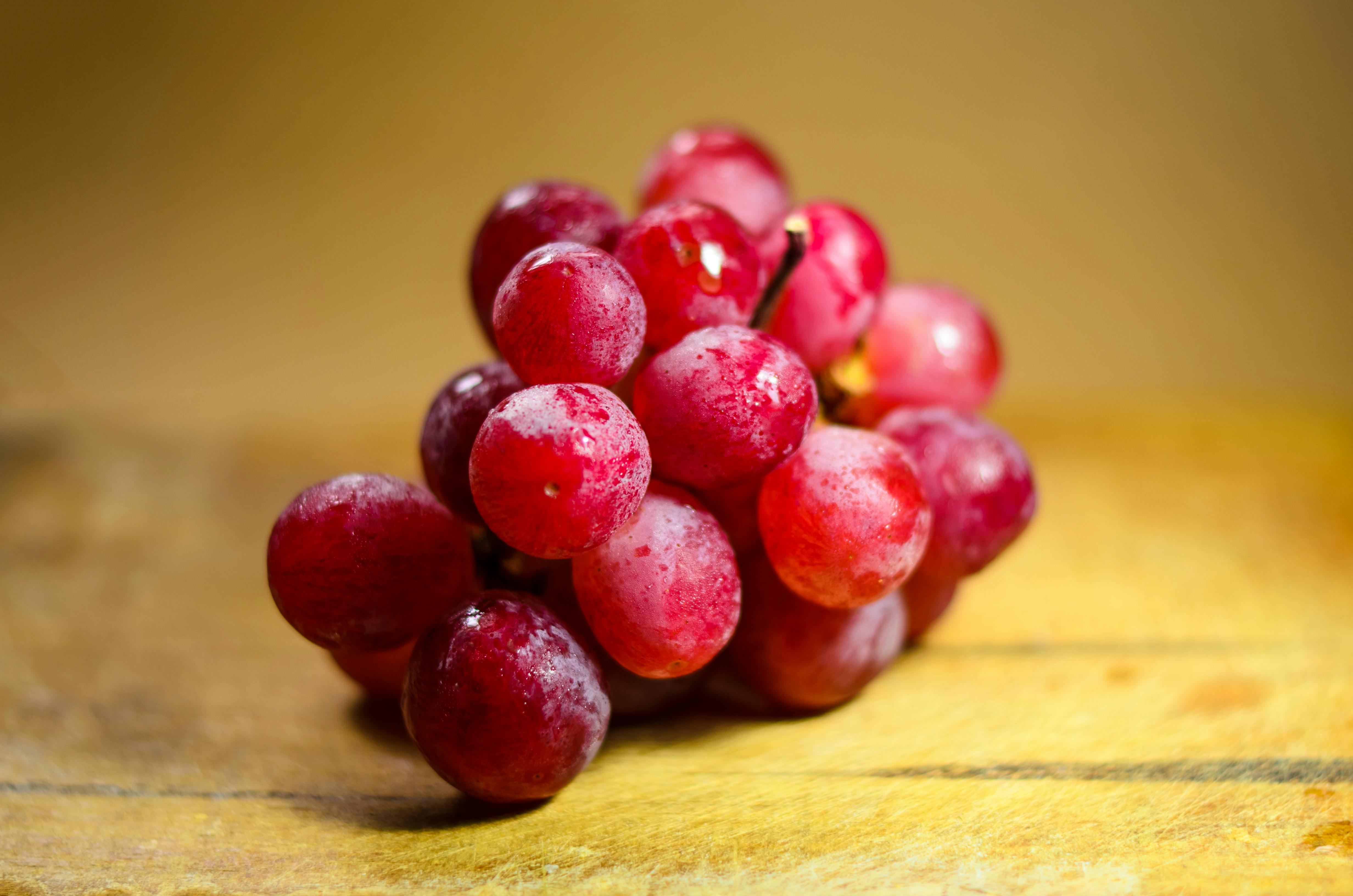
The vibrant skins of red grapes and their juice contain a powerful antioxidant called resveratrol. This compound has been linked to several heart-healthy benefits, including reduced inflammation, improved blood vessel function, and—most importantly—the ability to help prevent the oxidation of LDL cholesterol. Oxidized LDL is more likely to stick to artery walls and form plaque. Enjoying red grapes as a snack or adding a splash of 100% red grape juice to your daily routine can provide a delicious way to protect your arteries and support a healthier heart.
28. Plant Sterols and Stanols (Fortified Foods)
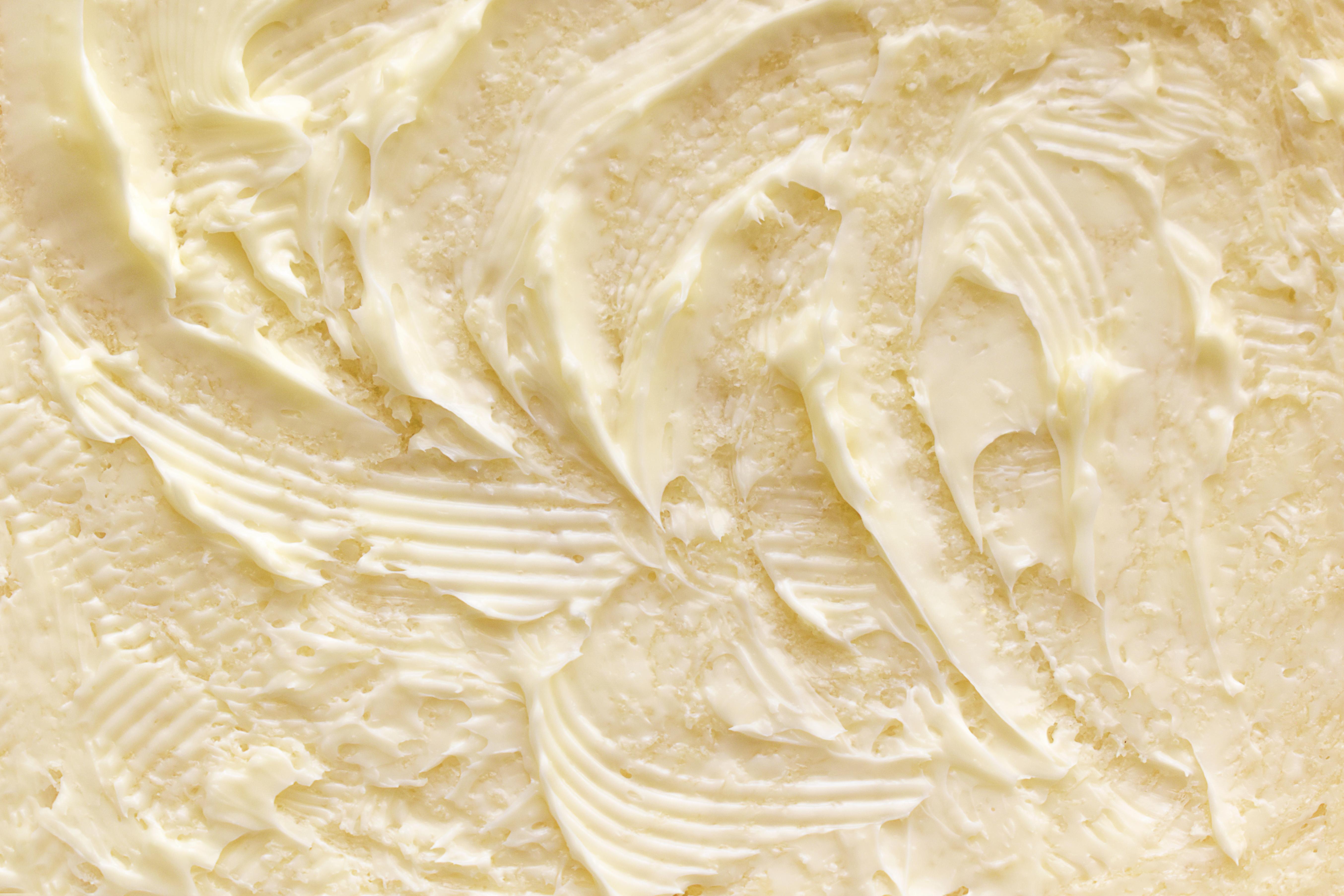
While not a single whole food, Plant Sterols and Stanols are essential compounds found naturally in low amounts in nuts and seeds, but are most effectively consumed through fortified foods like orange juice, certain margarines, and yogurts. These compounds are structurally similar to cholesterol and work by blocking cholesterol absorption in the intestines. Consuming the recommended 2 grams daily can significantly lower LDL cholesterol without affecting beneficial HDL. Look for fortified products that clearly state the plant sterol/stanol content; it's a direct, science-backed nutritional strategy that complements fiber intake perfectly.
29. Fenugreek Seeds: The Gut-Gel Fiber Dynamo
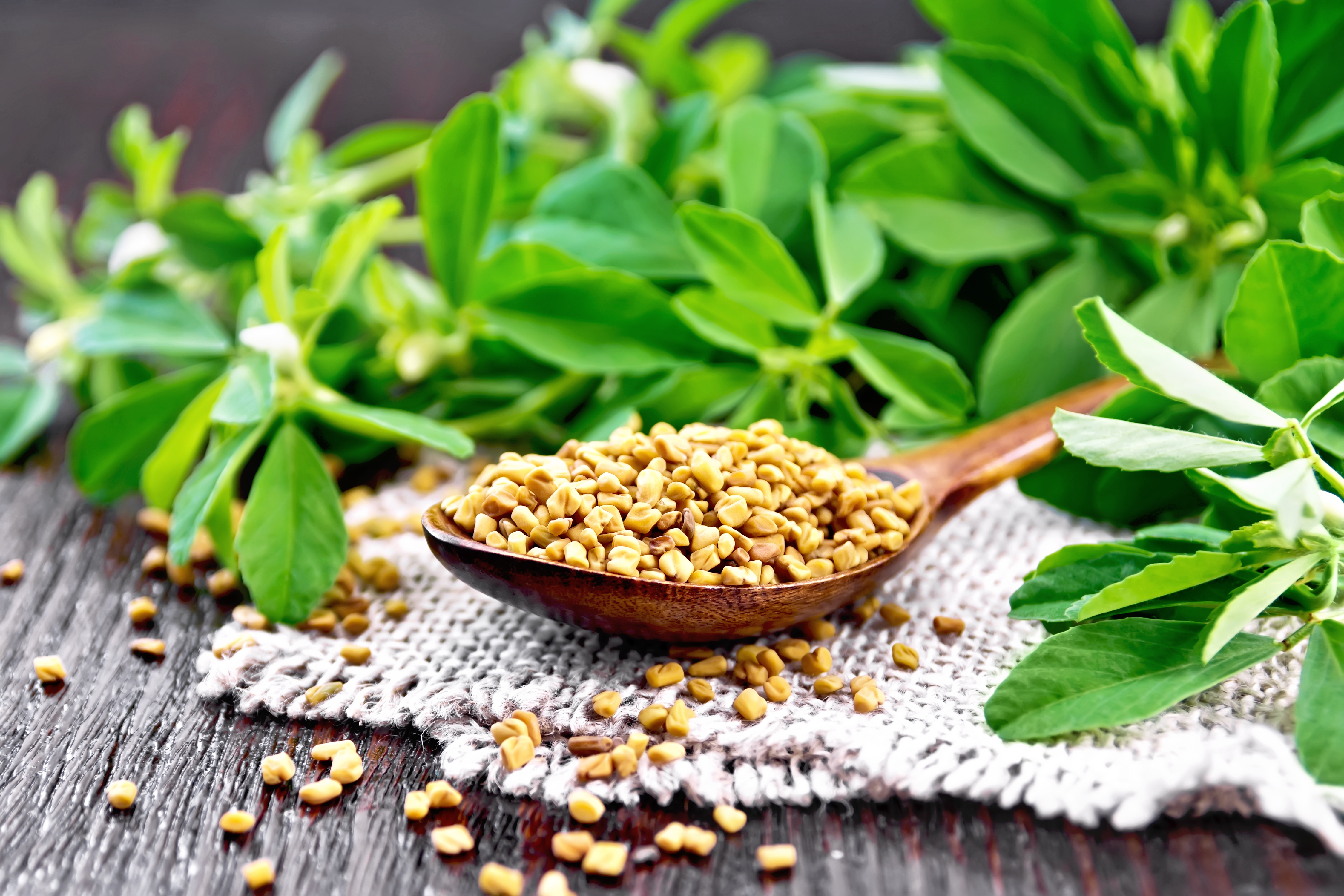
Fenugreek seeds, a staple spice in Indian and Middle Eastern cooking, are an exceptional source of soluble fiber, specifically galactomannan. This fiber is incredibly effective at forming a thick gel in the stomach and intestines, which not only slows down digestion but powerfully binds to cholesterol and fats, preventing their absorption. Studies show regular consumption can significantly reduce both total and LDL cholesterol. Soak the seeds overnight and consume them in the morning, or grind them into a powder for use in baked goods or curries. Its slightly maple-like, earthy flavor makes it a unique addition.
30. Cabbage and Brussels Sprouts: Bile Acid Sequestering Veggies
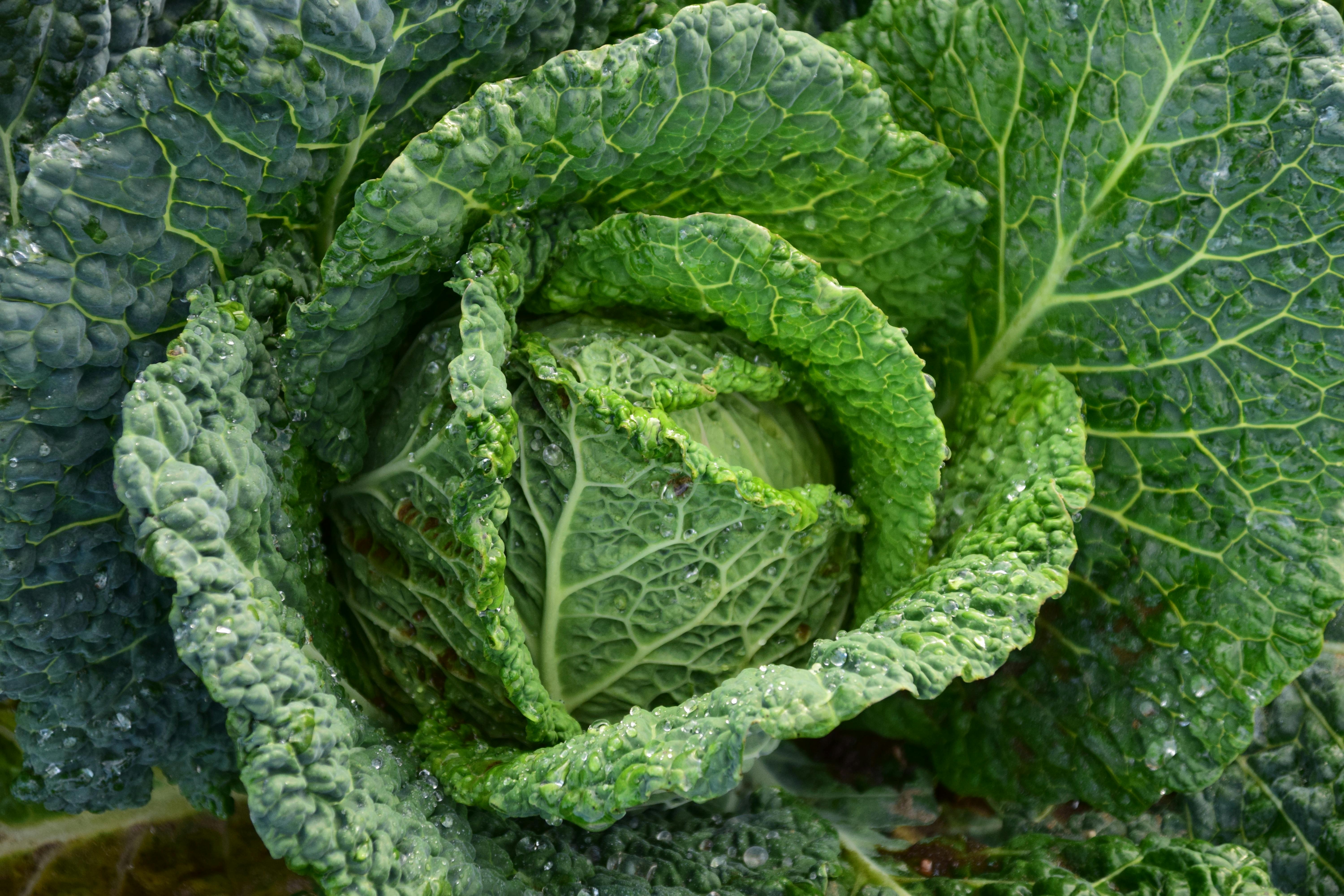
These cruciferous vegetables don't just provide fiber; they have a specialized mechanism for lowering cholesterol called bile acid binding. When cooked, the fiber structure in cabbage and Brussels sprouts binds to bile acids in the gut. Since the body uses cholesterol to make bile, forcing the excretion of bile acids compels the liver to pull more cholesterol out of the bloodstream to make new bile. Steamed or lightly sautéed, these vegetables are a powerhouse for cholesterol elimination, complementing the mechanism of soluble fibers like those found in oats.
31. Psyllium Husk (Pure Soluble Fiber)
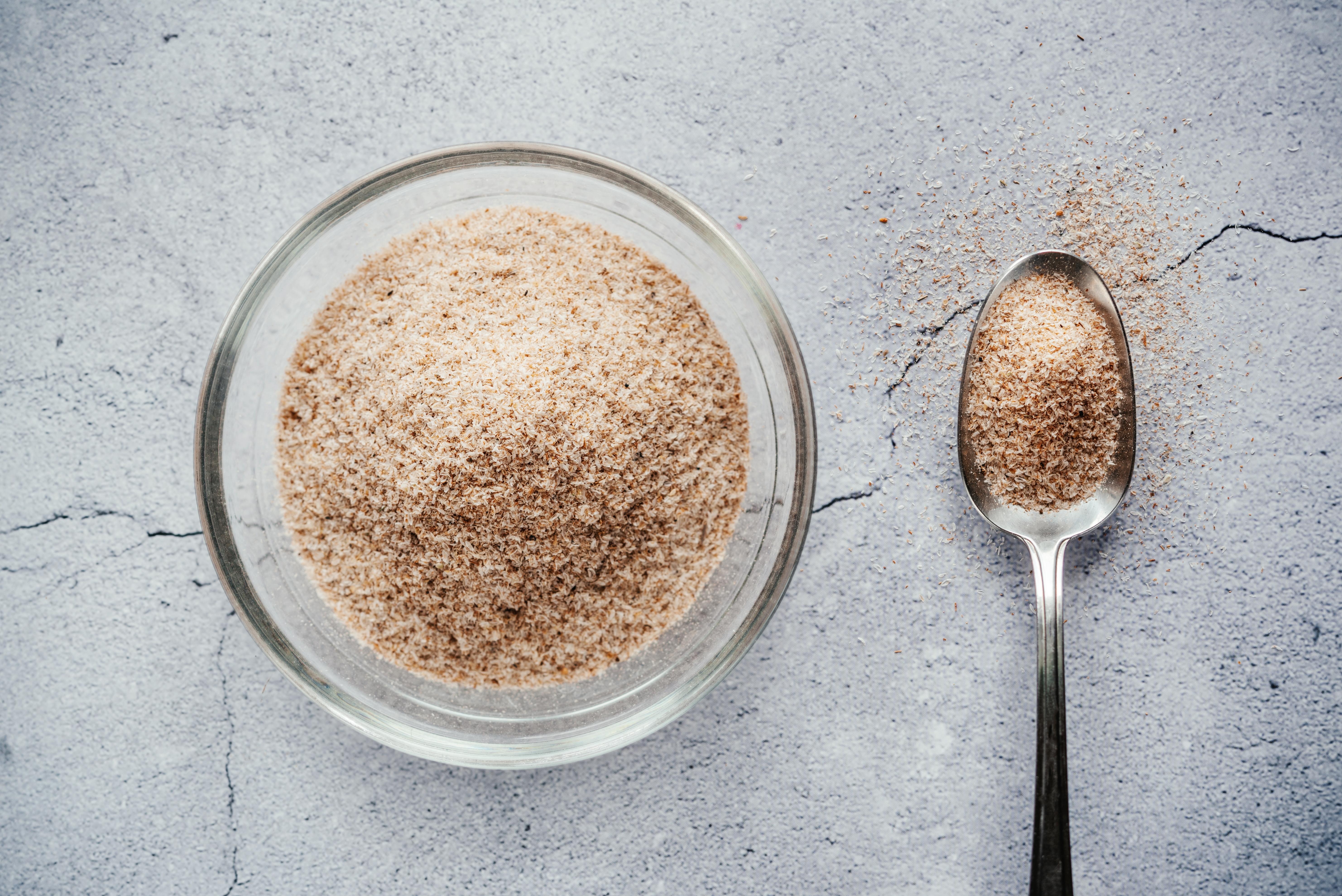
Though technically a supplement, Psyllium Husk is derived purely from the seeds of the Plantago ovata plant and is the single most concentrated, isolated source of soluble fiber available. It's so effective it warrants its own entry. A teaspoon provides the same cholesterol-binding power as a large bowl of oatmeal, making it ideal for those who struggle to eat high-fiber meals. Stir the powder into water, juice, or a smoothie (and drink immediately before it gels) for a potent, targeted, and low-calorie way to actively flush LDL cholesterol out of your system.
32. Cocoa (Pure Cacao Nibs/Powder): Flavanol Flow Enhancer
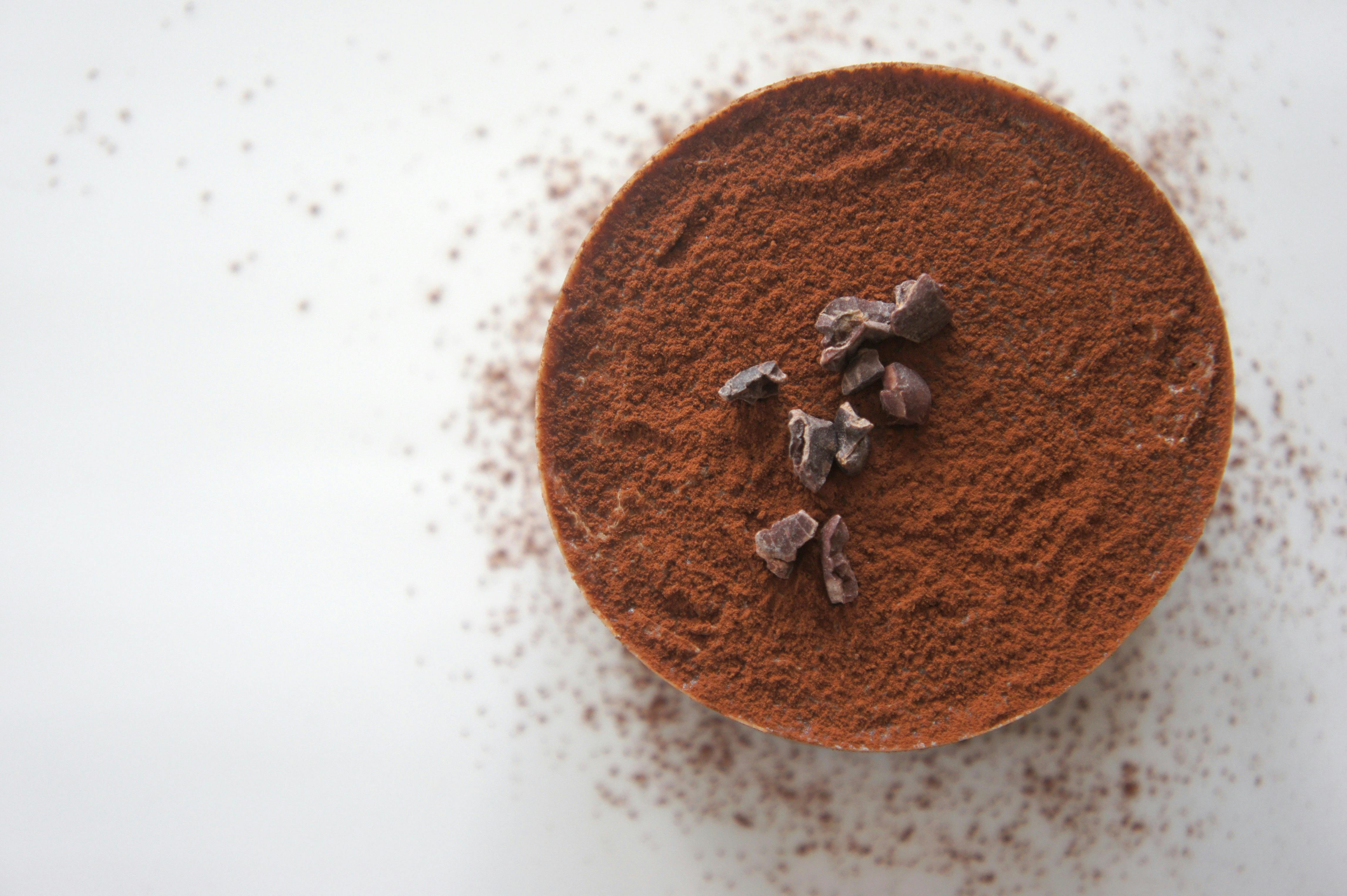
Beyond dark chocolate (already listed), focusing on pure cacao nibs or unsweetened powder provides maximum benefit. Cacao is packed with flavanols, which are antioxidants that actively promote the production of nitric oxide. Nitric oxide signals blood vessels to relax, improving blood flow and reducing arterial stiffness. While these actions directly support blood pressure, improved vascular health also makes arteries less susceptible to LDL plaque buildup. Mix pure cacao powder into smoothies or hot water for a zero-sugar way to consume this powerful, heart-supporting vascular tonic.
33. Ground Mustard Seed (Bile Acid Binding)

Mustard seeds, often overlooked beyond their use in condiments, contain compounds that powerfully support cholesterol excretion. Specifically, the fiber and unique compounds in ground mustard seed bind strongly to bile acids in the digestive tract. Since the liver uses cholesterol to manufacture these bile acids, forcing their excretion compels the liver to pull more cholesterol from the bloodstream to replenish its supply. This mechanism helps clear circulating LDL. A small amount of freshly ground mustard seed added to salad dressings, vegetable marinades, or rubs provides a unique, pungent flavor and a powerful bile-binding action.
34. Alfalfa Sprouts: Saponin Power
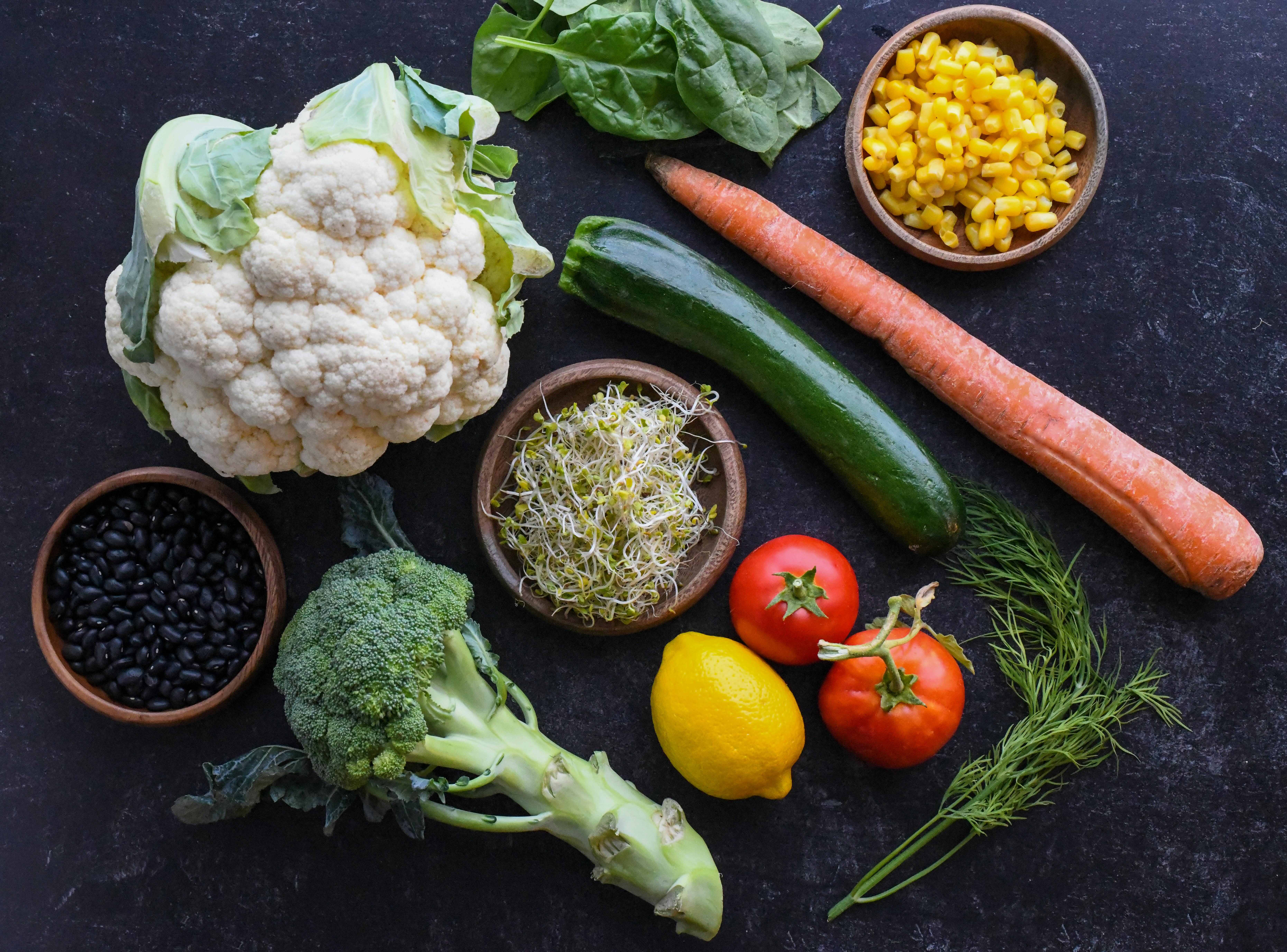
Alfalfa sprouts are a light, crunchy addition to salads and sandwiches, but their power lies in high concentrations of saponins. Saponins are natural compounds that, when consumed, bind directly to cholesterol molecules in the small intestine. This action prevents cholesterol from being absorbed through the gut wall and ensures it is safely eliminated from the body. Alfalfa sprouts are low in calories and easy to incorporate raw into your diet, offering a gentle, direct way to interfere with the absorption of both dietary and recirculated cholesterol without the intensity of a fiber supplement.
35. Kidney Beans (Resistant Starch Power)
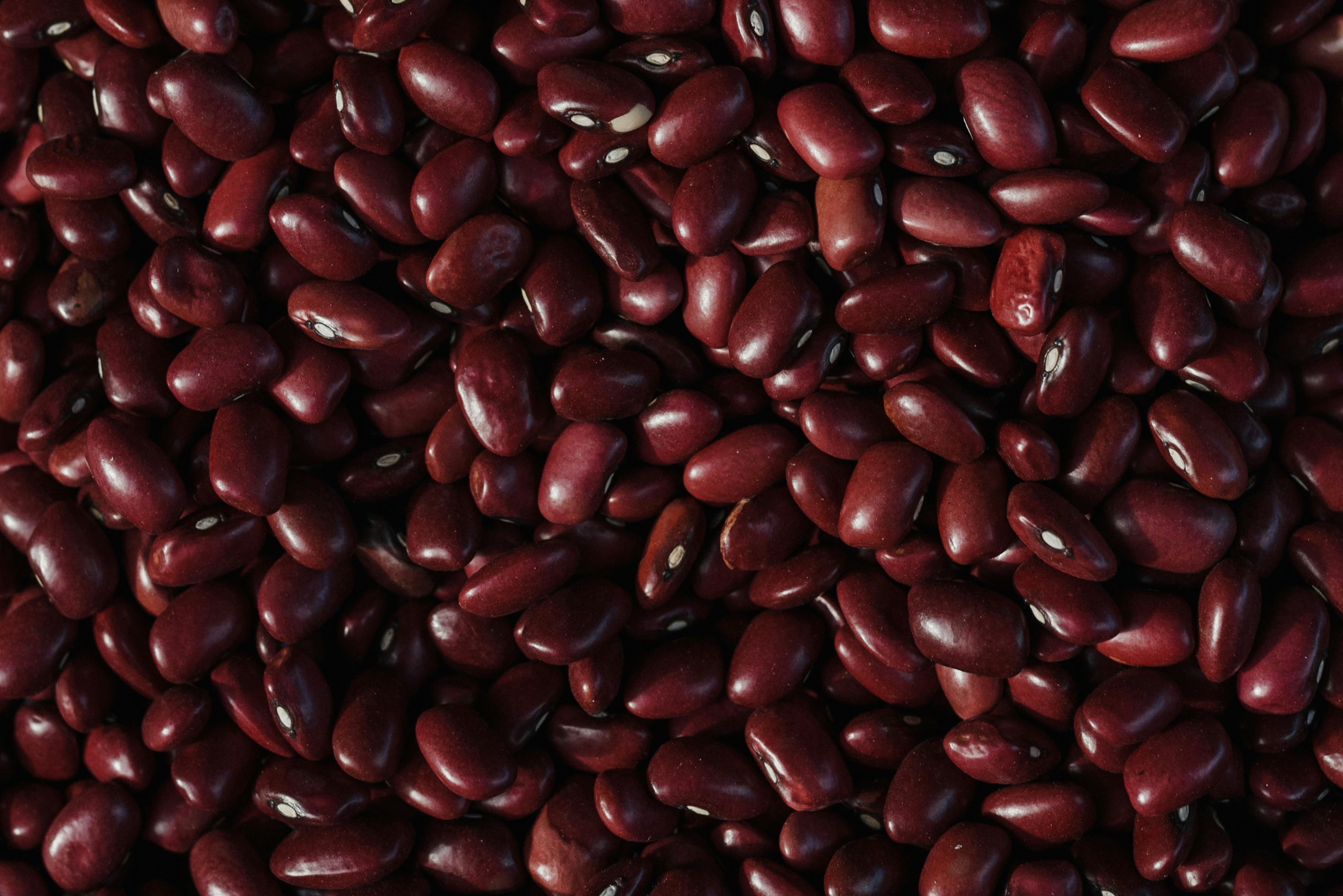
While legumes are mentioned, kidney beans are exceptional because they boast the highest levels of resistant starch among common beans. Resistant starch acts like soluble fiber: it resists digestion in the small intestine and ferments slowly in the large intestine. This fermentation produces short-chain fatty acids (SCFAs), particularly Propionate, which has been shown to inhibit cholesterol synthesis in the liver. By consuming slow-cooked kidney beans in chilis, salads, or pureed as dips, you deliver a powerful, two-pronged metabolic punch that slows absorption and reduces production.
36. Fenugreek Seeds: The Gut-Gel Fiber Dynamo
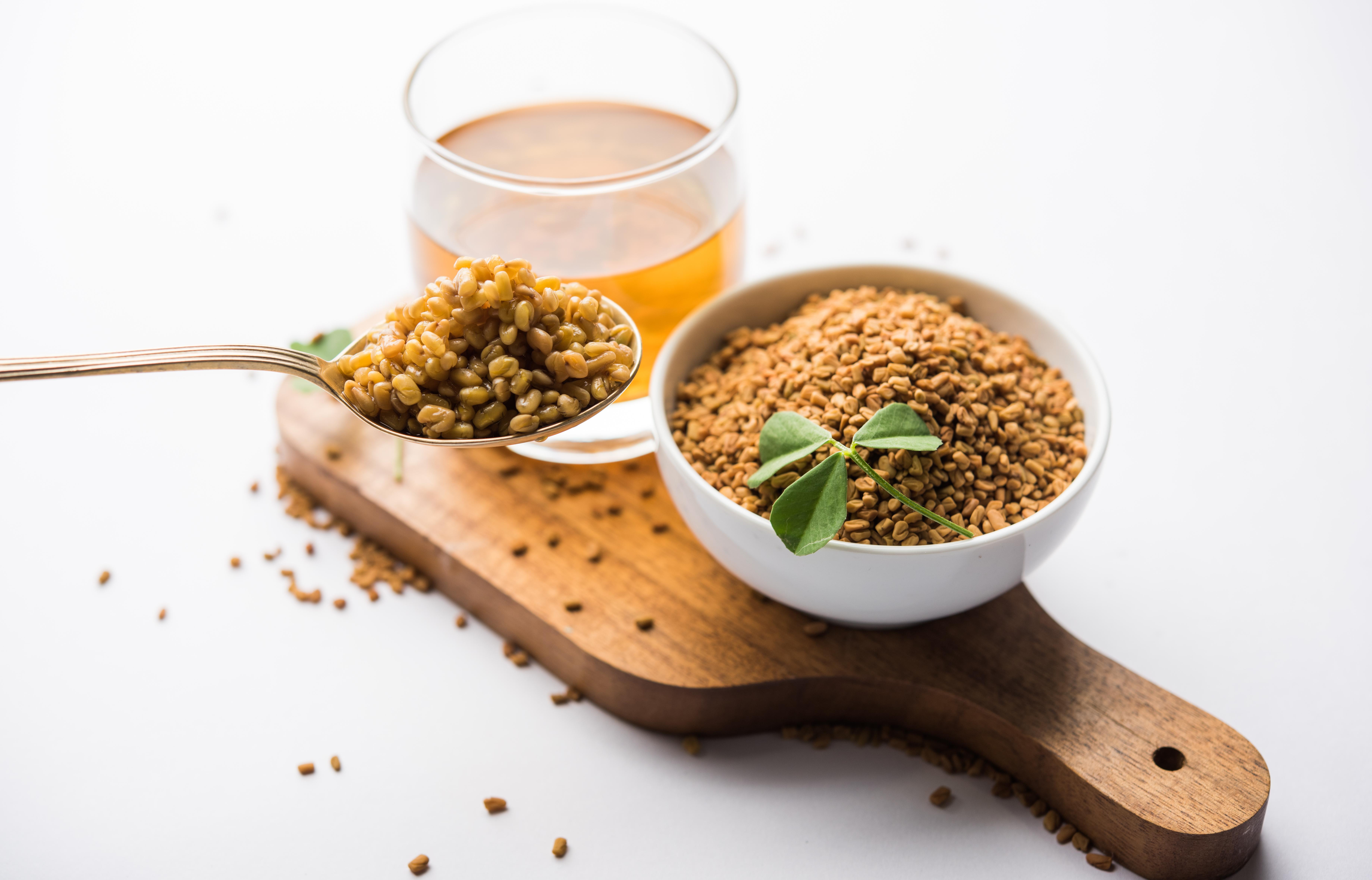
Fenugreek seeds, a staple spice in Indian and Middle Eastern cooking, are an exceptional source of soluble fiber, specifically galactomannan. This fiber is incredibly effective at forming a thick gel in the stomach and intestines, which not only slows down digestion but powerfully binds to cholesterol and fats, preventing their absorption. Studies show regular consumption can significantly reduce both total and LDL cholesterol. Soak the seeds overnight and consume them in the morning, or grind them into a powder for use in baked goods or curries. Its slightly maple-like, earthy flavor makes it a unique addition.
37. White Button Mushrooms: The Statins' Secret Ally

White button mushrooms, the most common variety, contain compounds that offer a subtle benefit similar to statin medications—without the side effects. Research suggests they contain natural lovastatin, a compound that works by gently inhibiting the key enzyme (HMG−CoA reductase) the liver uses to produce cholesterol. While the effects are mild compared to medication, consistently consuming button mushrooms provides a natural, daily source of this inhibitory compound. Sautéed, roasted, or added to egg dishes, they are an easy, affordable, and surprisingly effective way to help the liver manage its cholesterol output.
38. Red Kidney Bean Hulls (Anthocyanins and Specialized Fiber)
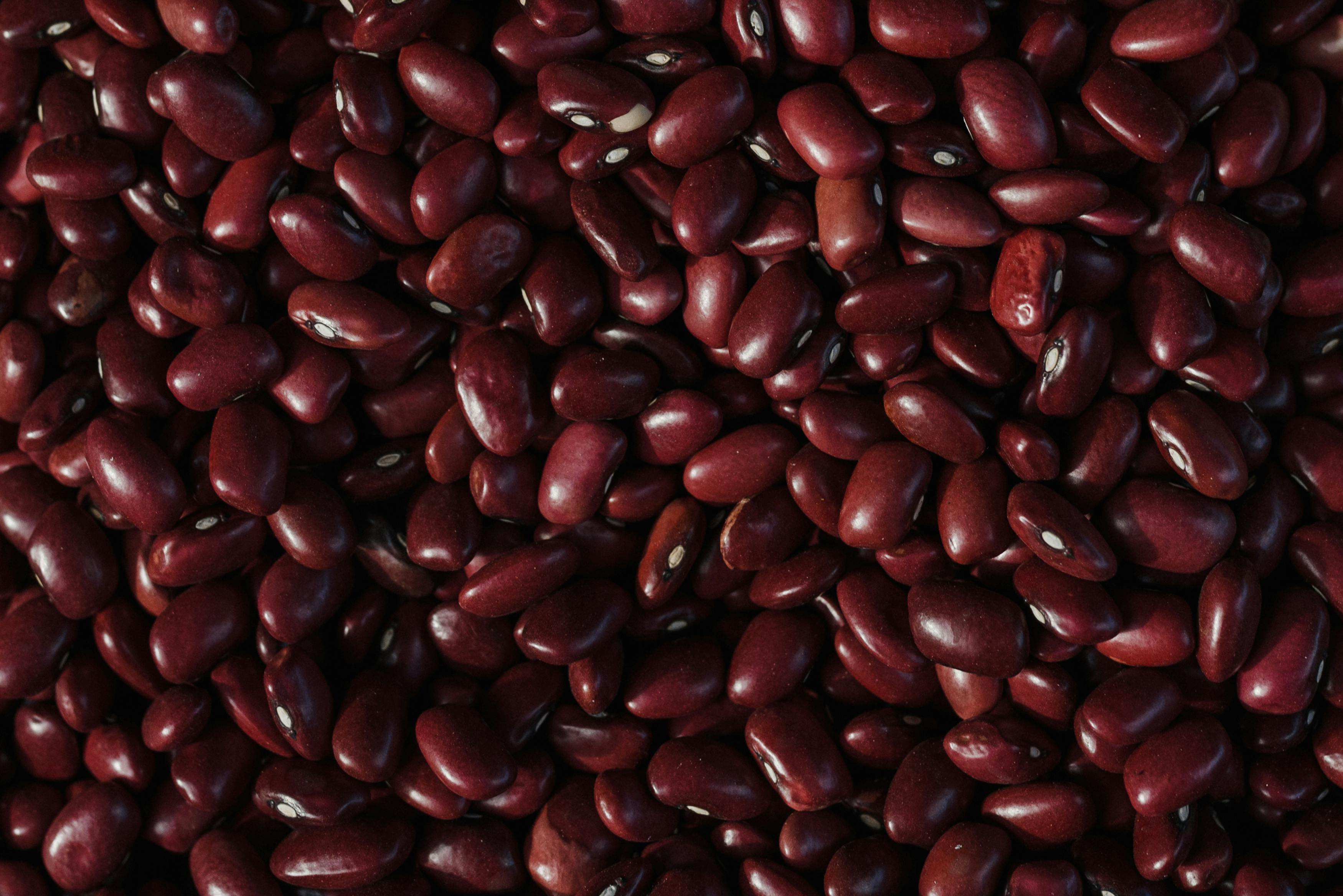
While the kidney bean itself is a good source of fiber, the hull (the outer skin) is a concentrated powerhouse. It is exceptionally rich in specific anthocyanins and highly effective insoluble fiber. This insoluble fiber acts as a strong physical barrier in the gut, helping to physically sweep away cholesterol before it's absorbed. To utilize this benefit, you can make a broth by simmering the skins or focusing on consuming whole, minimally processed kidney beans rather than peeled or pureed forms. This is a subtle, structural tweak that maximizes the natural, waste-binding properties of the pulse.
39. Ground Safflower Seeds (Linoleic Acid and Sterols)

Often overlooked in favor of flax or chia, safflower seeds are an excellent source of linoleic acid, a specific type of polyunsaturated fat shown to reduce LDL cholesterol when used to replace saturated fats. Furthermore, the ground seeds contain a high concentration of phytosterols, plant compounds that compete directly with cholesterol for absorption in the intestine. Adding a tablespoon of ground safflower seeds to your smoothie or using safflower oil in cooking (not for high heat) is a practical, direct way to leverage these unique cholesterol-blocking and LDL-lowering compounds from a non-traditional source.
40. Okra (The Mucilage Binder)
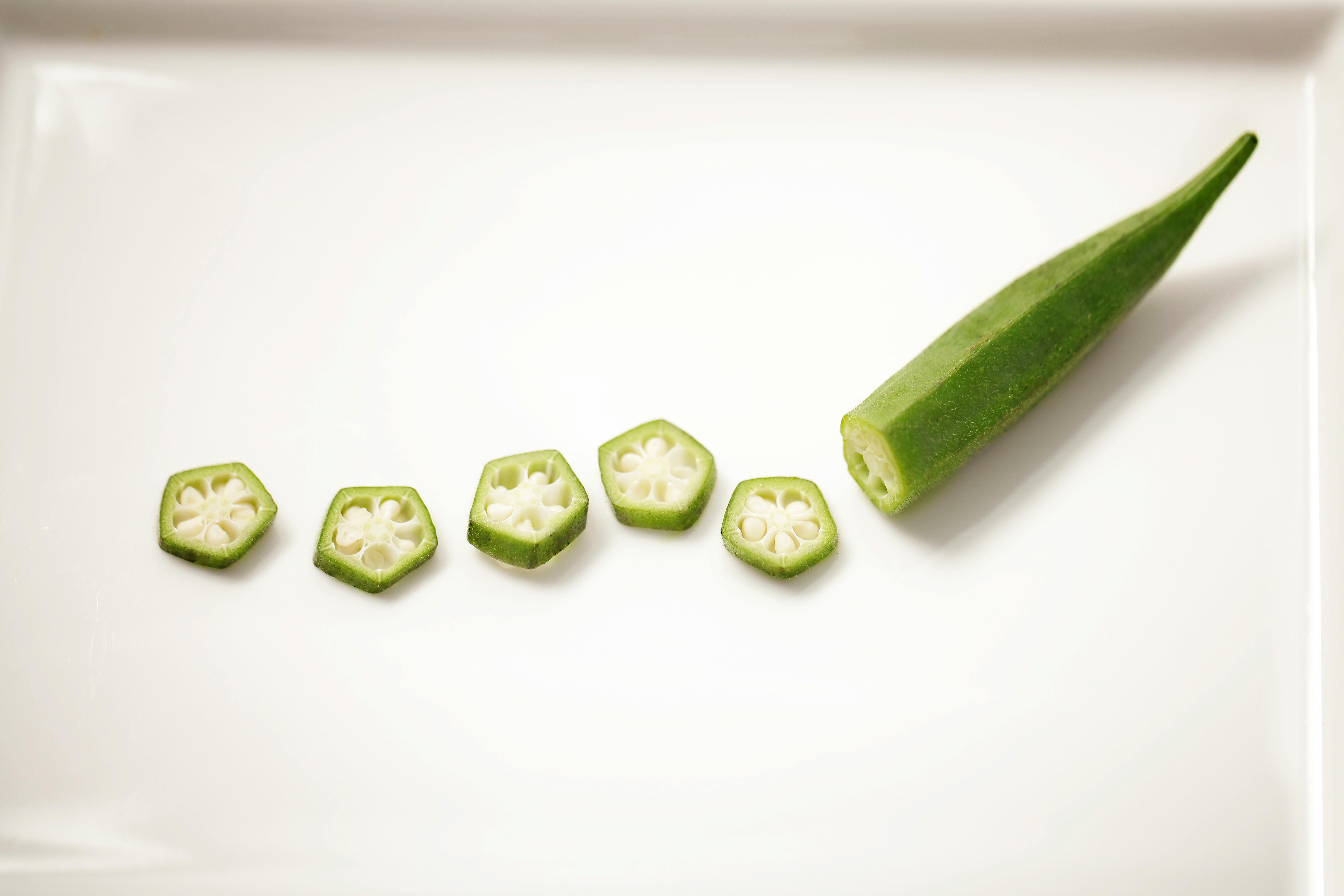
Okra offers a unique mechanism for cholesterol control via its famous, sometimes polarizing, mucilage. This sticky, gel-like substance is an extremely potent form of soluble fiber. Unlike the less-viscous beta-glucan in oats, okra's thick mucilage forms a strong physical bond with cholesterol and bile acids in the digestive tract, preventing their reabsorption and forcing their elimination. Eating okra stewed, grilled, or roasted (which reduces the sliminess) provides a distinct and highly effective non-grain-based tool for increasing the elimination of LDL cholesterol from the body.
41. Choline-Rich Foods (Structural Fat Metabolism)
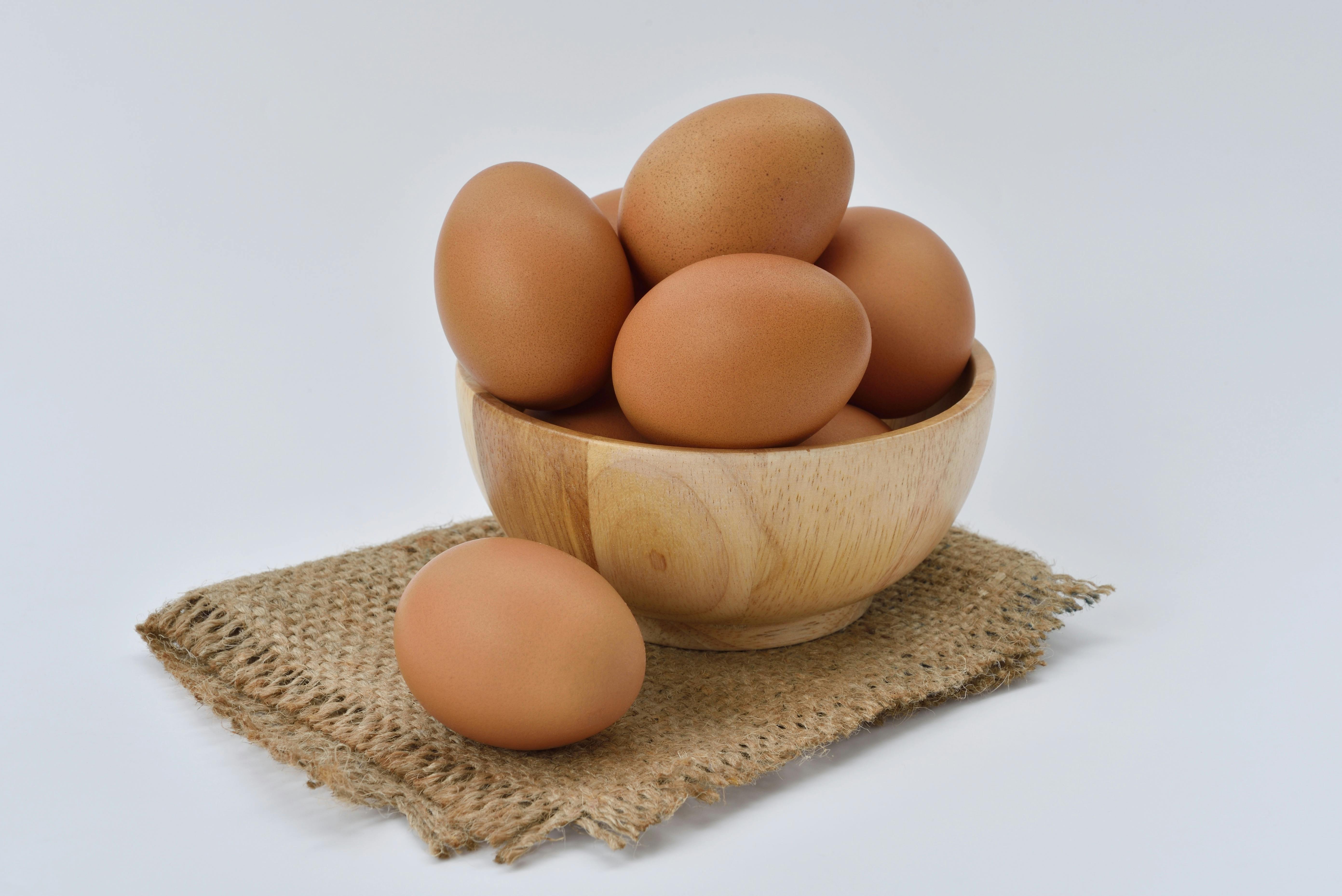
Focusing on foods rich in Choline is a unique, indirect strategy for managing cholesterol by supporting liver function. Choline is essential for the metabolism and transport of fats in the body. Without enough choline (found in high amounts in eggs, soybeans, and beef liver), fats and cholesterol can accumulate in the liver, leading to metabolic stress that can worsen overall lipid profiles. Ensuring adequate choline intake supports the liver's ability to efficiently process and package fats, keeping them moving through the system and preventing the internal accumulation that contributes to dyslipidemia.
42. Brewer's Yeast (Niacin/Vitamin B3)

Brewer's Yeast is an often-forgotten food source rich in Niacin (Vitamin B3). While supplementing with high-dose Niacin is a prescribed medical intervention for cholesterol, Brewer's Yeast offers a functional food dose. Niacin works in the liver to lower LDL cholesterol and triglycerides while raising beneficial HDL cholesterol—an uncommon dual action. Adding a small amount of unfortified Brewer's Yeast (often available as flakes) to popcorn, soups, or smoothies is a savory way to introduce this powerful B-vitamin that gently nudges your lipid profile toward a healthier balance.
43. Arugula (Rocket) — The Glucosinolate Detox Pathway

Arugula, the peppery leafy green, provides a powerful, multi-faceted cholesterol benefit. It contains glucosinolates, sulfur-containing compounds that, once digested, help activate the liver's detoxification pathways. By supporting the liver's function to process and clear toxins, arugula reduces the metabolic stress that forces the liver to produce more cholesterol. Furthermore, arugula is rich in dietary nitrates, which are converted to Nitric Oxide, promoting blood flow and reducing arterial stiffness. Enjoying raw arugula maximizes the potency of these beneficial compounds.
44. Kudzu Root (Puerarin) — The Asian Cholesterol Blocker
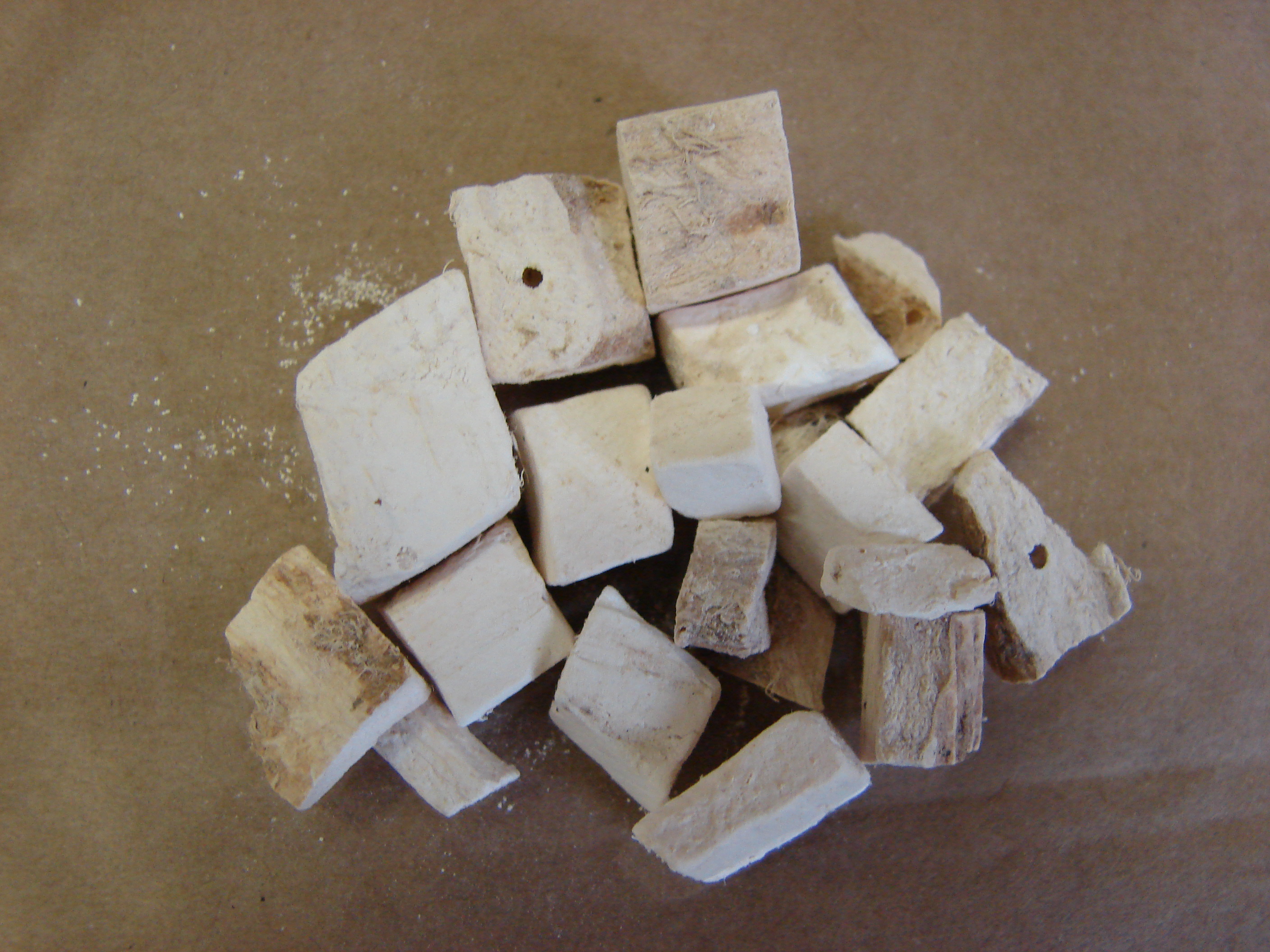
Kudzu root, a traditional East Asian ingredient, offers a unique benefit through its primary compound, Puerarin. Research suggests Puerarin actively interferes with the production of VLDL (Very Low-Density Lipoprotein, the precursor to bad LDL) in the liver. Kudzu also contains various isoflavones which are known to improve vascular elasticity and reduce the oxidation of existing LDL. Use kudzu root starch (kuzu) as a thickener in soups or sauces. This addition introduces a powerful, lesser-known root-based intervention that addresses the liver's cholesterol output.
45. Jicama — The Inulin and Low-Calorie Prebiotic
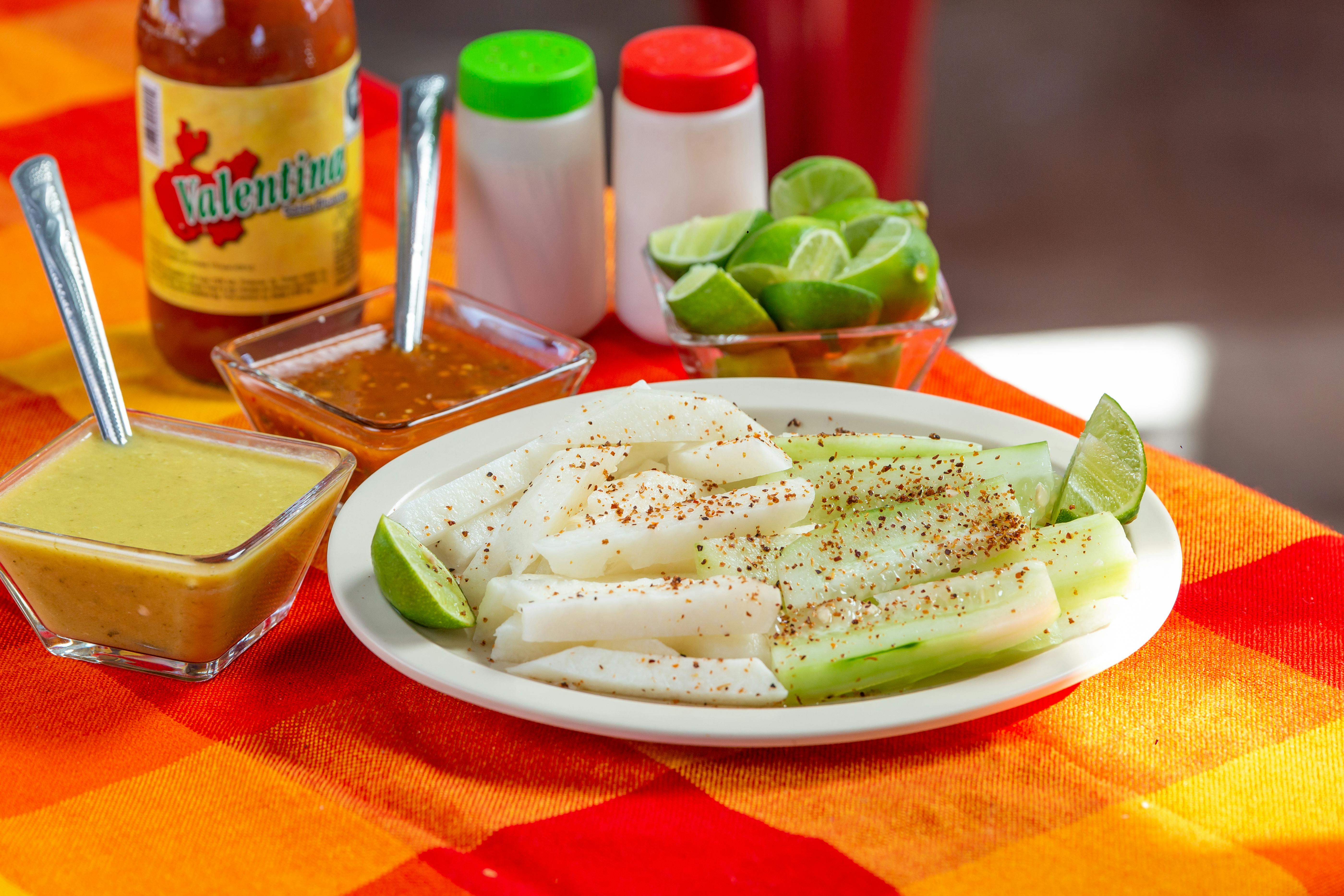
Jicama, the crunchy Mexican root vegetable, is an ideal, low-calorie tool for cholesterol management. It is primarily composed of water and Inulin, a specific type of prebiotic fiber. Inulin travels undigested to the colon, where it feeds beneficial bacteria. This fermentation process produces short-chain fatty acids (SCFAs), which have been shown to help stabilize blood sugar and improve lipid metabolism, indirectly lowering circulating LDL. Grate raw jicama into salads or slice it into sticks for a non-starchy, low-glycemic crunch that boosts gut health and aids weight management.
46. Horsetail (Silica for Arterial Structure)

The herbal remedy Horsetail is unique because it targets the structural integrity of the blood vessels, which is critical for long-term heart health. It is one of the richest natural sources of Silica (Silicon), a trace element essential for the formation and integrity of collagen and elastin fibers in arterial walls. Flexible arteries are less prone to stiffness and plaque accumulation. Consuming horsetail as a brewed tea supports the structural health of the vascular system, ensuring the arteries remain resilient and able to effectively manage blood flow without contributing to pressure or plaque buildup.
47. Unsweetened Cocoa Nibs (Theobromine Alertness)
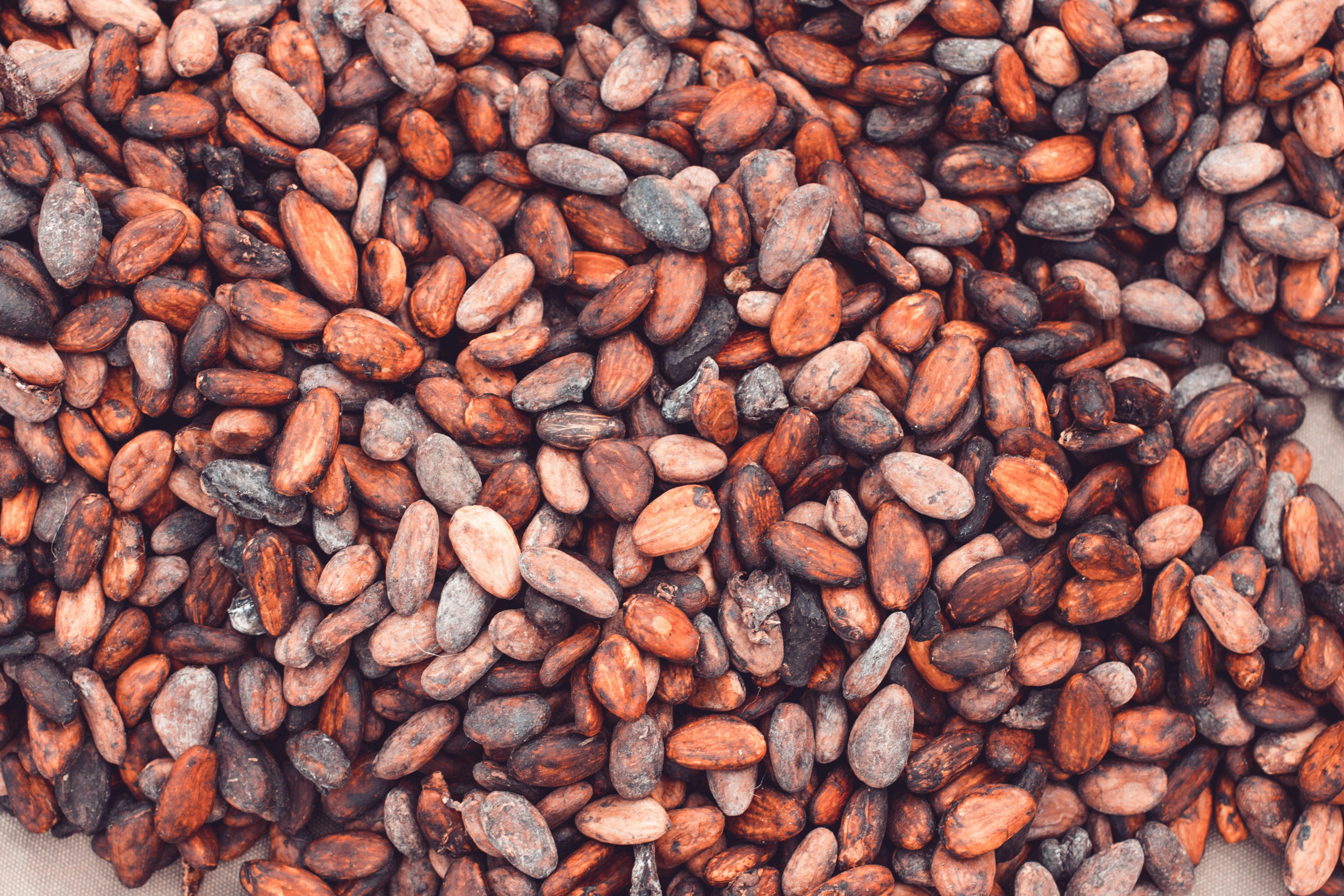
While Cacao powder is mentioned, focusing on unsweetened cocoa nibs offers a unique benefit via the alkaloid Theobromine. This compound, alongside the potent flavanols, gives a sustained, gentle lift in alertness and focus without the sharp spike and crash of caffeine. By improving concentration and reducing mental fatigue, this habit helps replace less healthy, sugary energy drinks or processed snacks, which are high in saturated fats and refined sugars—major drivers of high LDL cholesterol. Snack on a small amount of raw nibs for a bitter, crunchy, and metabolically superior boost.
48. Cashew Nuts (The Magnesium/Phytosterol Double-Play)
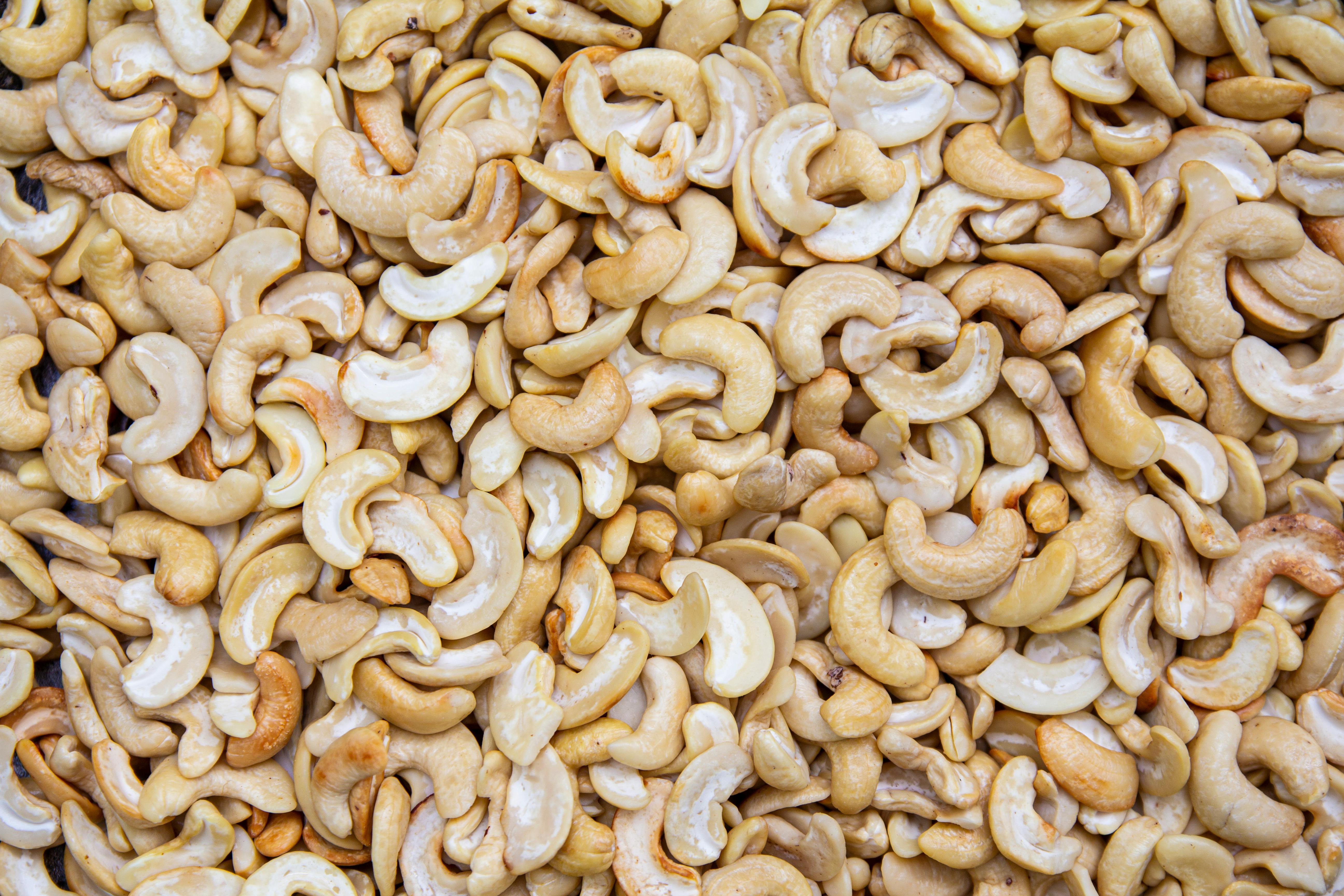
While general nuts are covered, cashews offer a specialized benefit by delivering a high concentration of two key cholesterol fighters: Magnesium and Phytosterols. Magnesium is essential for stabilizing blood pressure and helps the body process fats efficiently, reducing the burden on the liver. Cashews are also particularly rich in Phytosterols, natural plant compounds that structurally compete directly with dietary cholesterol for absorption in the intestines. This "blocking" action ensures less cholesterol enters your bloodstream. Substituting a small handful of cashews for less healthy snacks provides a potent, delicious way to leverage this dual action for structural heart health and lower LDL levels.
49. Nattō: The Fermented Soybean Heart Enzyme

Nattō, a traditional Japanese food made from fermented soybeans, is an exceptionally unique and powerful heart ally due to its high concentration of nattokinase. This potent enzyme, produced during the fermentation process, is renowned for its fibrinolytic activity—meaning it can help break down fibrin, a protein involved in blood clotting. By improving blood circulation and reducing blood viscosity, nattokinase indirectly supports cholesterol management by ensuring healthier blood flow and lowering the overall burden on the cardiovascular system. Additionally, the fermentation process makes the isoflavones and vitamin K2 (crucial for arterial health) in the soybeans highly bioavailable. Though Nattō has a distinctive strong flavor and slimy texture, incorporating even small amounts is a concentrated, time-tested strategy for enhanced vascular health.
50. Leeks: The Prebiotic SCFA Producer

Leeks, members of the allium family like onions and garlic, offer a unique and indirect strategy for cholesterol management. Their thick white and light green parts are exceptionally rich in inulin, a powerful prebiotic fiber that is largely undigested in the small intestine. Once in the colon, inulin acts as a feast for beneficial gut bacteria. The fermentation of inulin produces high levels of short-chain fatty acids (SCFAs), particularly butyrate and propionate. Propionate is crucial as it travels to the liver and has been shown to inhibit cholesterol synthesis there, effectively reducing the amount of LDL the body produces internally. Leeks also provide sulfur compounds that support vascular health. Use them sautéed as a base for soups, stews, or lightly grilled. They provide a milder, sweeter flavor than onions and are a creative way to leverage gut health for heart health.
51. Black Beans (Concentrated Anthocyanins and Alpha-Galactosidase)
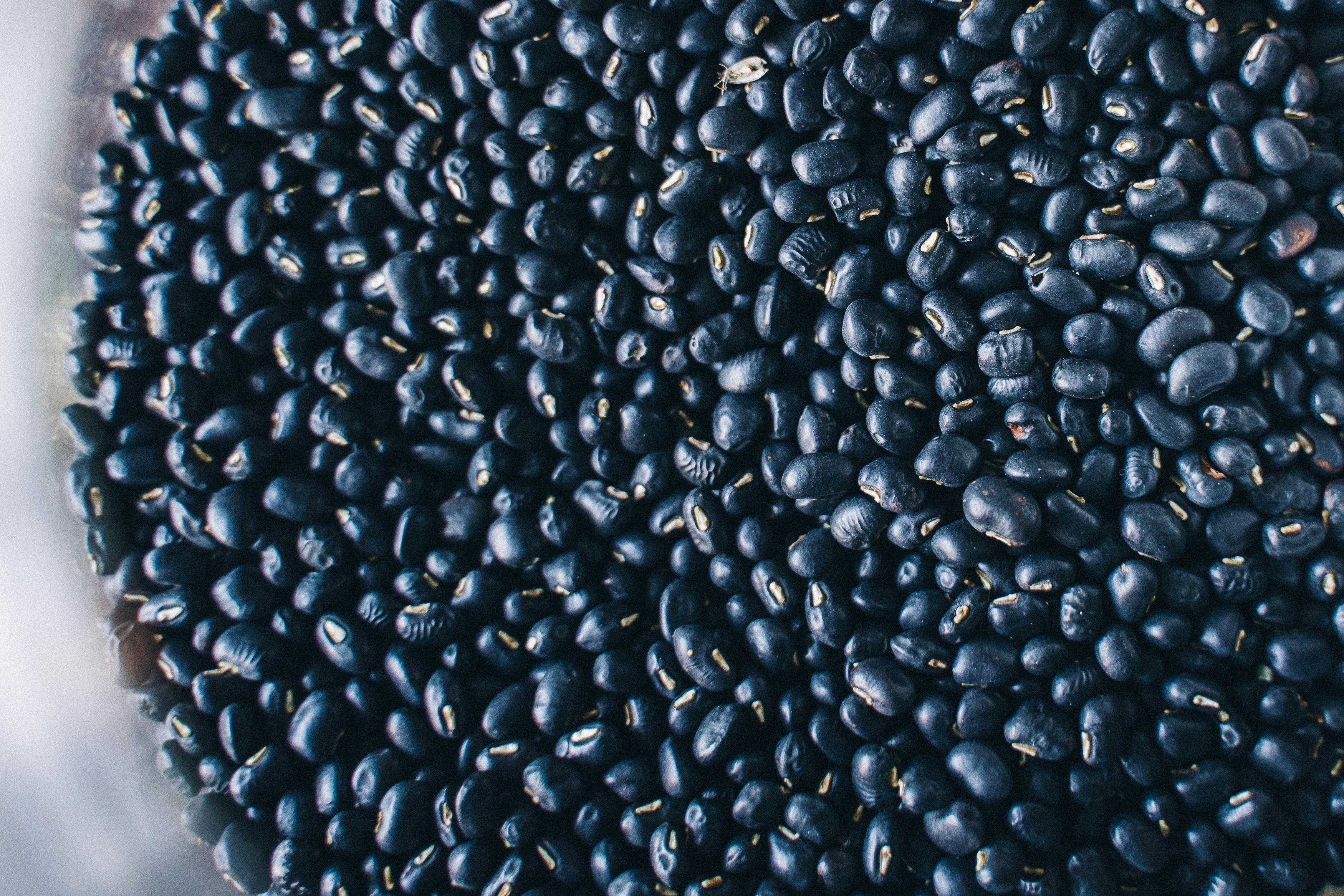
Black beans, while part of the general "legumes" category, deserve distinct recognition for two powerful, unique benefits. First, their deeply pigmented skins are exceptionally rich in anthocyanins, the same powerful antioxidants found in red grapes and berries. These compounds are highly effective at preventing the oxidation of LDL cholesterol—a crucial step, as oxidized LDL is what becomes sticky and forms plaque in arteries. Second, they contain compounds that promote the production of the enzyme alpha-galactosidase. This enzyme helps break down complex sugars in the bean, which can reduce the gas associated with bean consumption, making it easier for many people to eat more of this heart-healthy food consistently. Use them to make vegetarian burgers, mash them into creamy dips, or toss them cold into corn and avocado salads. Their inky hue is a simple visual cue that you’re delivering targeted, potent arterial protection.
52. Horsetail Tea: Silica for Arterial Flexibility

The herbal remedy Horsetail is a unique, often-overlooked ally for heart health, not for its fiber or fats, but for its structural benefits. It is one of nature’s richest sources of Silica (Silicon), a vital trace element essential for the formation and integrity of collagen and elastin fibers. These fibers are the foundational proteins that keep your arterial walls flexible and elastic. Stiff, inflexible arteries (arteriosclerosis) exacerbate high blood pressure and are more prone to cholesterol plaque buildup. By supporting the structural health and elasticity of your blood vessels from the inside out, a daily cup of Horsetail tea offers a gentle, non-dietary way to maintain the youth and resilience of your cardiovascular system over a lifetime.
53. Vitamin K2-Rich Foods (Arterial Calcification Inhibitor)

A unique, proactive strategy for cardiovascular longevity is ensuring adequate intake of Vitamin K2 (Menaquinone). While K1 is common in greens (for clotting), K2 is vital for actively regulating where calcium is deposited in the body. It activates proteins that inhibit the calcification (hardening) of arteries—a major process that contributes to vascular stiffness and plaque formation, which is worsened by high LDL cholesterol. This is crucial for maintaining arterial flexibility and youthfulness. Incorporate K2-rich foods like nattō (the single best source, though listed for its enzyme), fermented cheeses (Gouda, Brie), and grass-fed butter or ghee into your diet. This supports heart health by addressing the structural integrity of your vessels, not just the fat circulating within them.
54. Cilantro (Coriander) — The Heavy Metal and Toxin Cleanser

While most cholesterol advice targets the liver's production or the gut's absorption, cilantro offers a unique strategy by supporting the body's clearing of environmental toxins and heavy metals. Studies suggest that environmental pollutants and heavy metals can induce oxidative stress and inflammation, prompting the body to use circulating cholesterol as a temporary patch for damaged arterial walls, contributing to plaque formation. Cilantro is a known chelator, binding to these harmful substances in the digestive tract and facilitating their excretion. By reducing the overall toxic burden and the inflammatory response they trigger, cilantro indirectly lowers the body’s perceived need to deploy cholesterol as an arterial patch. Blend fresh cilantro into chutneys, sprinkle it generously over tacos and curries, or add it to morning smoothies. This simple, flavorful herb provides a powerful, often-overlooked defense mechanism for protecting your arterial lining.
55. Kiwi (with Skin): The Pectin and Anti-Adhesion Scrubber
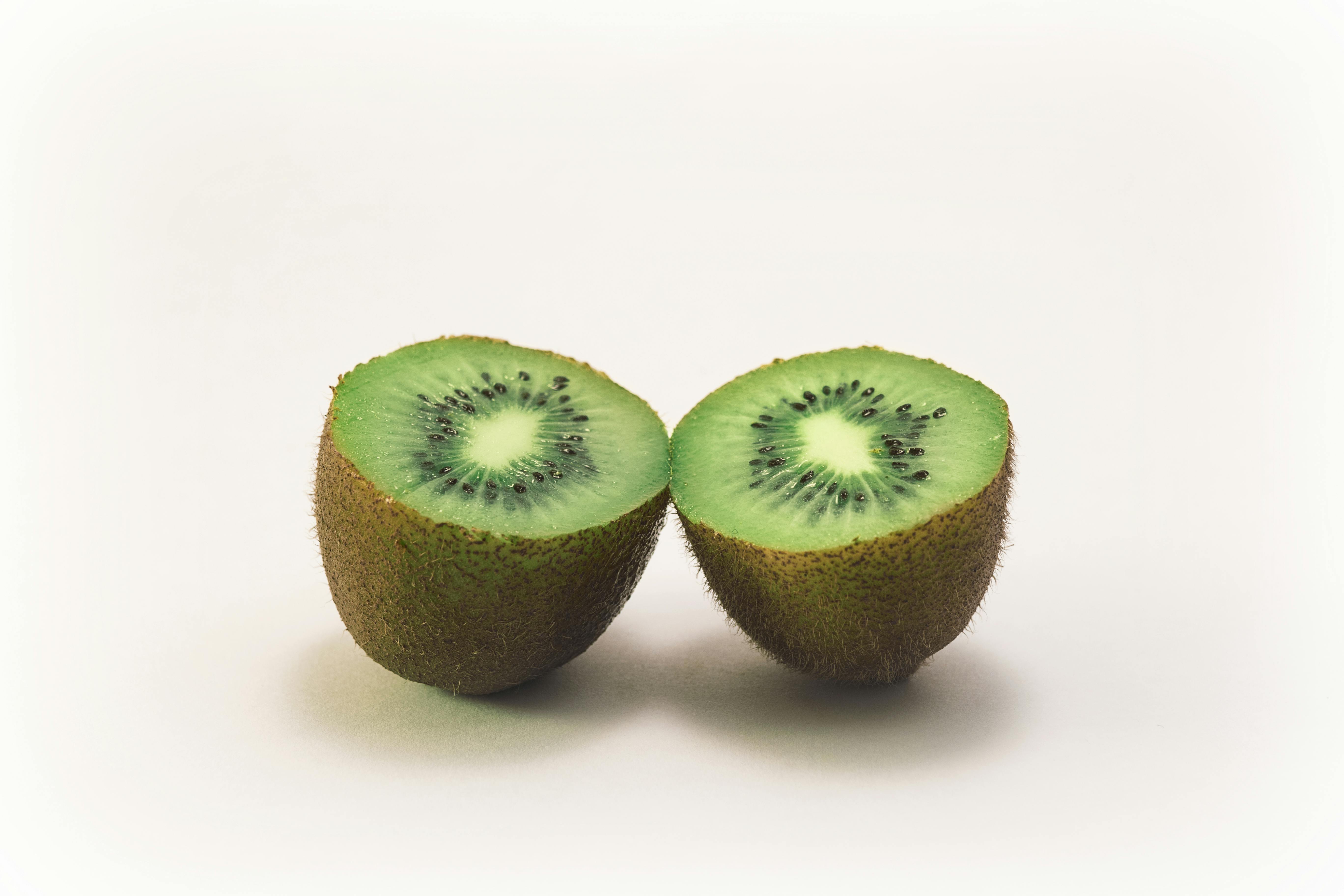
Kiwi fruit is often overlooked, but it is a formidable cholesterol fighter, especially when consumed with the skin (after a good scrubbing!). The tiny black seeds are rich in insoluble fiber that mechanically sweep the gut, but the true benefit lies in the high concentration of pectin and polysaccharides in the entire fruit. These compounds not only bind bile acids (like apples) but, in laboratory studies, have been shown to specifically interfere with the adhesion of LDL cholesterol and inflammatory markers to the endothelial walls of arteries. By making the artery lining a "non-stick" surface, kiwi helps prevent the initial step of plaque formation. Enjoy kiwi sliced or blended with the skin on for maximum fiber and anti-adhesion power.
56. Vitamin K2-Rich Foods: The Arterial Anti-Calcification Agent

A critical, often-overlooked strategy for heart health involves focusing on Vitamin K2 (Menaquinone). This fat-soluble vitamin does not directly lower LDL cholesterol, but it plays a crucial role in preventing the damage LDL causes. K2 works by activating proteins that actively keep calcium from depositing in your arterial walls. The hardening of arteries, or calcification, is a major factor in vascular stiffness and plaque formation—a process often fueled by high LDL. By ensuring your body directs calcium into your bones and teeth instead of your arteries, K2 helps maintain the flexibility and youthfulness of your blood vessels. Incorporate K2-rich foods like nattō (the single best source), fermented cheeses (like Gouda or Brie), and grass-fed butter into your diet.
57. Bergamot (Citrus bergamia) Extract: The Statin-Like Citrus

Bergamot, a fragrant citrus fruit grown almost exclusively in Italy, is a rising star in cardiovascular health for its unique, dual-action flavonoids: brutieridin and melitidin. These compounds have been shown in clinical trials to work similarly to statins by gently inhibiting cholesterol synthesis in the liver (HMG-CoA reductase). Unlike most plant foods, Bergamot doesn't just bind cholesterol in the gut; it reduces the amount your body produces. Furthermore, it helps lower triglycerides and improves blood vessel function. Typically consumed as a standardized extract or juice (since the fruit is intensely sour), this powerful citrus offers a targeted, science-backed way to address the internal production of harmful lipids.
58. Lithium-Rich Vegetables: The Neuro-Endocrine Stabilizer
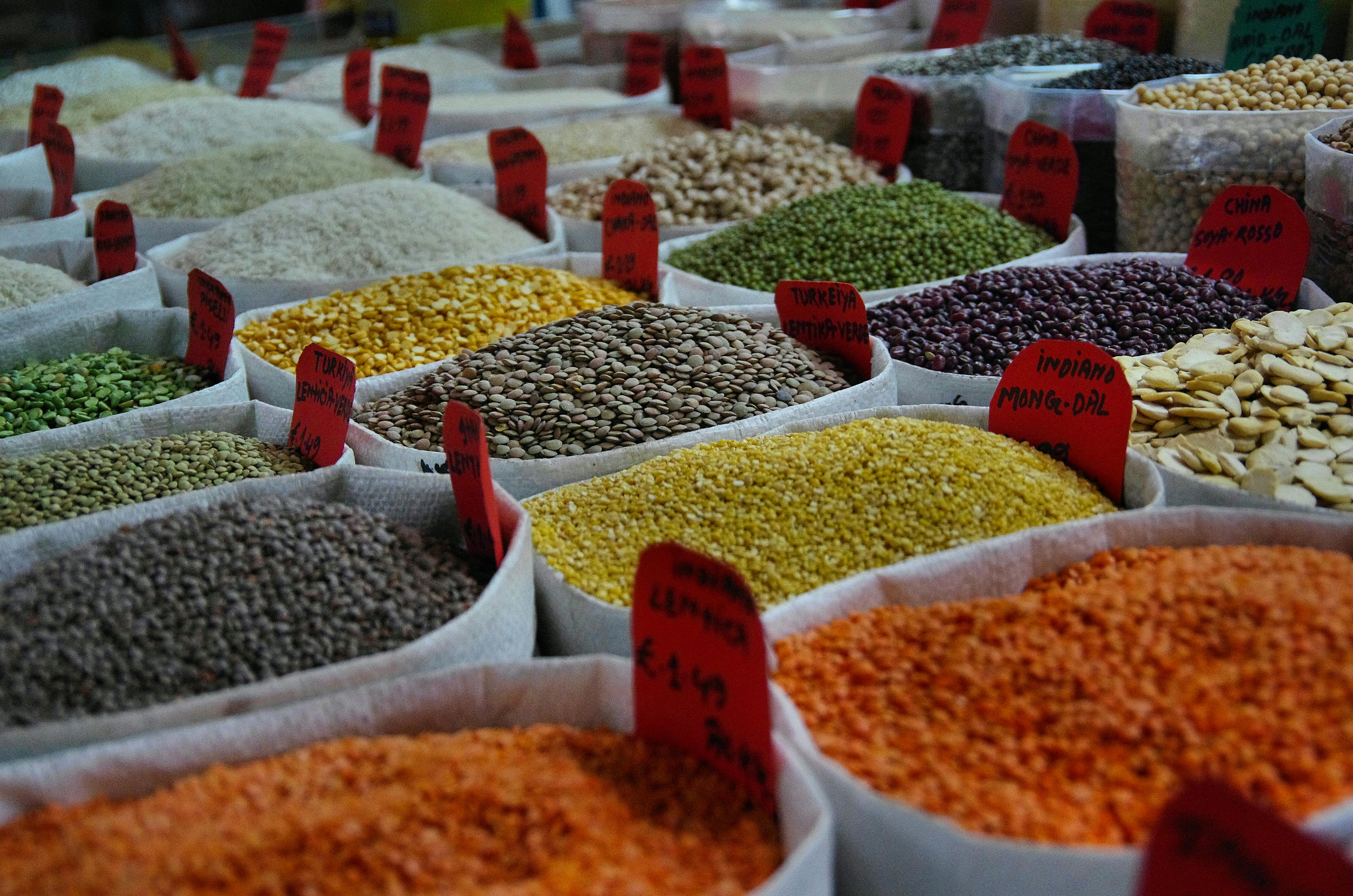
An extremely subtle and often-missed component in heart health involves trace amounts of Lithium, found naturally in certain vegetables and whole grains. While known primarily for its psychiatric use, environmental lithium—consumed through water and vegetables—plays a quiet but vital role in neuro-endocrine stability and metabolic regulation. Studies suggest that even low-level dietary lithium intake is inversely associated with heart disease and cholesterol-related mortality. The mechanism is believed to involve lithium’s ability to gently dampen stress hormones and inflammatory pathways, which, when chronically overactive, drive up the liver’s production of cholesterol and increase arterial damage. By promoting overall metabolic and mood stability, lithium-rich foods like lentils, tomatoes, and whole oats offer an indirect, structural defense against the stress-induced rise of harmful lipids.
59. Daikon Radish: The Liver's Metabolic Flush
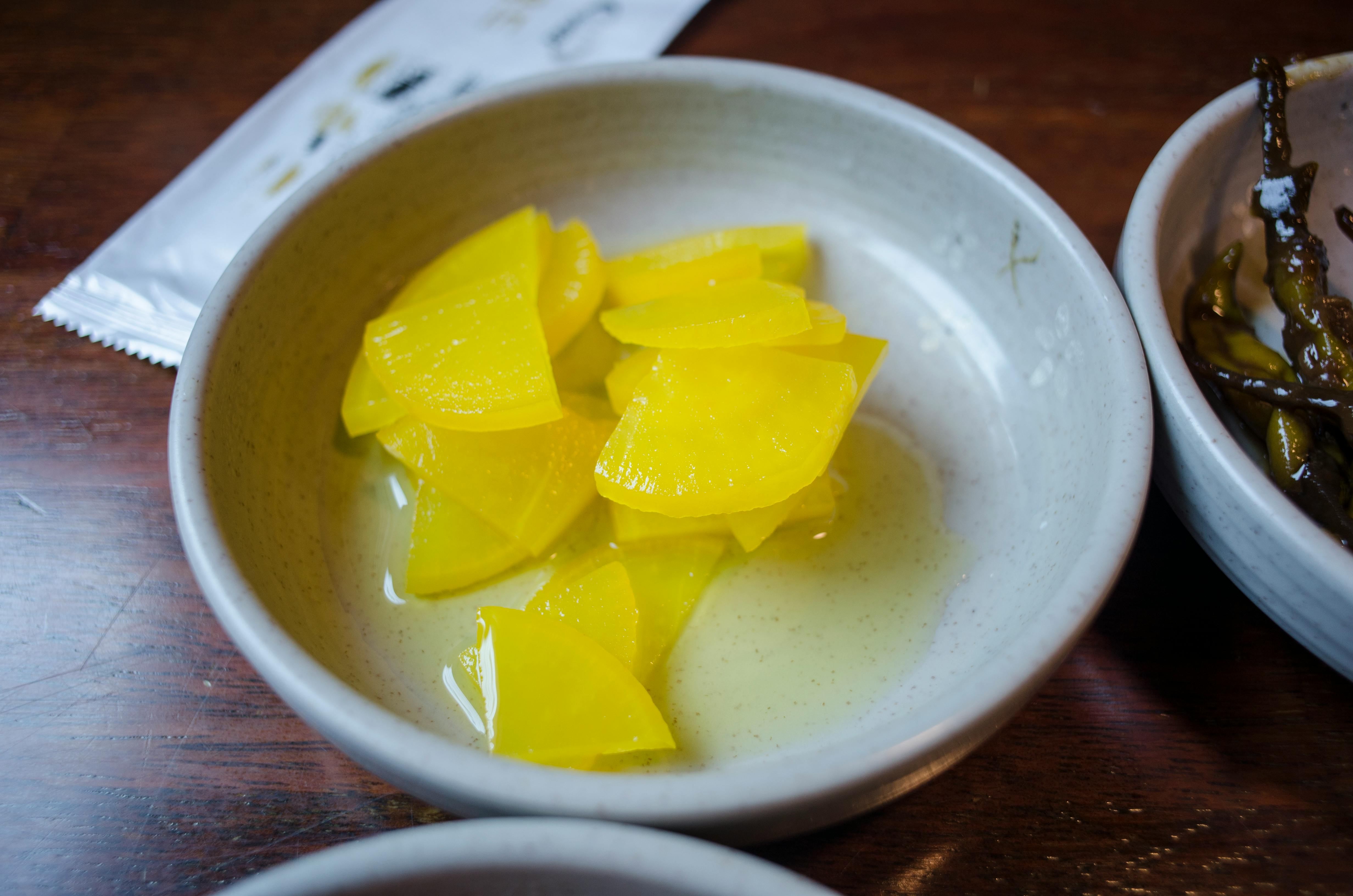
Often used in Japanese and Indian cooking, daikon radish is a surprising ally for cholesterol management. Unlike most vegetables, its power comes from specific sulfur compounds and digestive enzymes. These unique components support and stimulate liver function, promoting efficient fat metabolism and helping the liver break down and excrete cholesterol-rich bile. Furthermore, daikon has a remarkably low glycemic index and is packed with fiber, making it an excellent regulator of blood sugar. Since erratic blood sugar drives the liver to produce more VLDL (precursors to LDL), stabilizing it is crucial.
60. Dried Goji Berries: The Zeaxanthin and Arterial Detox
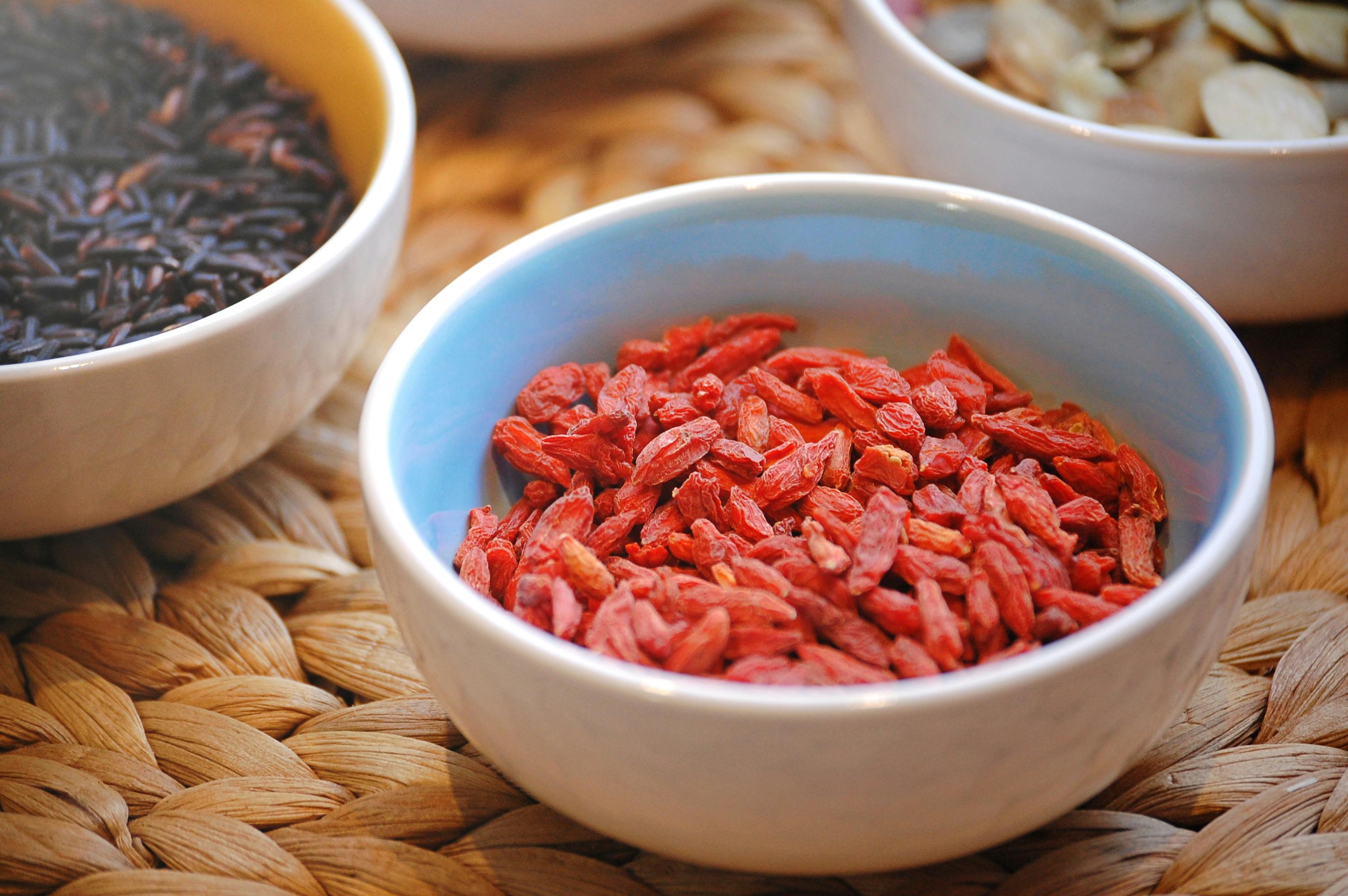
Dried Goji berries (Wolfberries) offer a unique cholesterol benefit beyond simple fiber by providing one of the highest natural concentrations of the powerful antioxidant Zeaxanthin . Zeaxanthin actively protects LDL cholesterol from oxidation—the process where LDL becomes sticky and dangerous, initiating plaque formation on arterial walls. Furthermore, Goji berries contain specific polysaccharides that have been shown in traditional use to support liver and kidney function, enhancing the body’s natural ability to metabolize and excrete waste products and toxins. This systemic detox action helps reduce the inflammatory burden that forces the body to deploy cholesterol as an arterial patch.
61. Garbanzo Bean Flour (Besan): The Resistant Starch Prebiotic
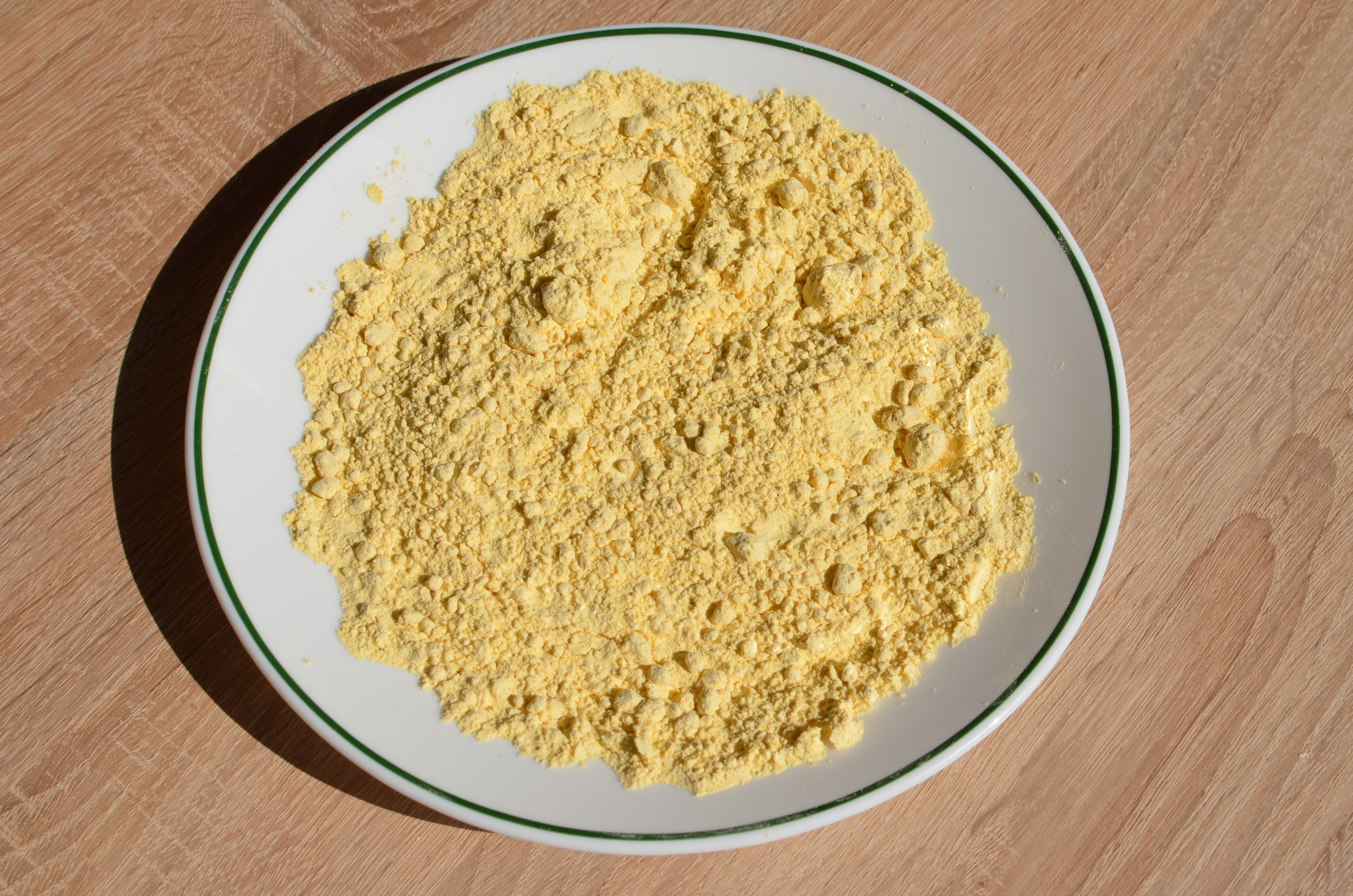
While legumes are on the list, garbanzo bean flour (or Besan) offers a highly concentrated, easy-to-use form of resistant starch and fermentable fiber that acts uniquely on the liver. Unlike whole beans, the flour is easy to incorporate into baking (like savory pancakes or flatbreads) without high saturated fat content. When consumed, the resistant starch bypasses digestion and is fermented by gut bacteria, producing Short-Chain Fatty Acids (SCFAs) like propionate. Propionate travels directly to the liver, where it has been shown to inhibit the key enzyme (HMG-CoA reductase) responsible for cholesterol production. This is a powerful, indirect mechanism that reduces the amount of LDL your body makes internally, complementing the gut-binding action of soluble fiber.
A Heart-Healthy Journey Through Flavor

Embarking on a journey to heart health through diet is both rewarding and delicious. The foods highlighted in this article offer a diverse array of flavors and textures, making it easy to incorporate them into your daily meals. By understanding the unique properties of each food and their role in cholesterol management, individuals can make informed dietary choices that support heart health. Embrace the journey, and enjoy the benefits of a heart-healthy lifestyle that nourishes both body and soul.
